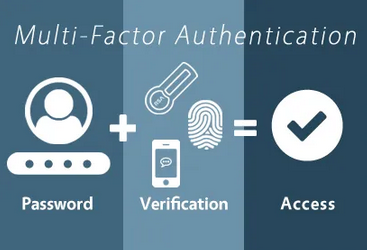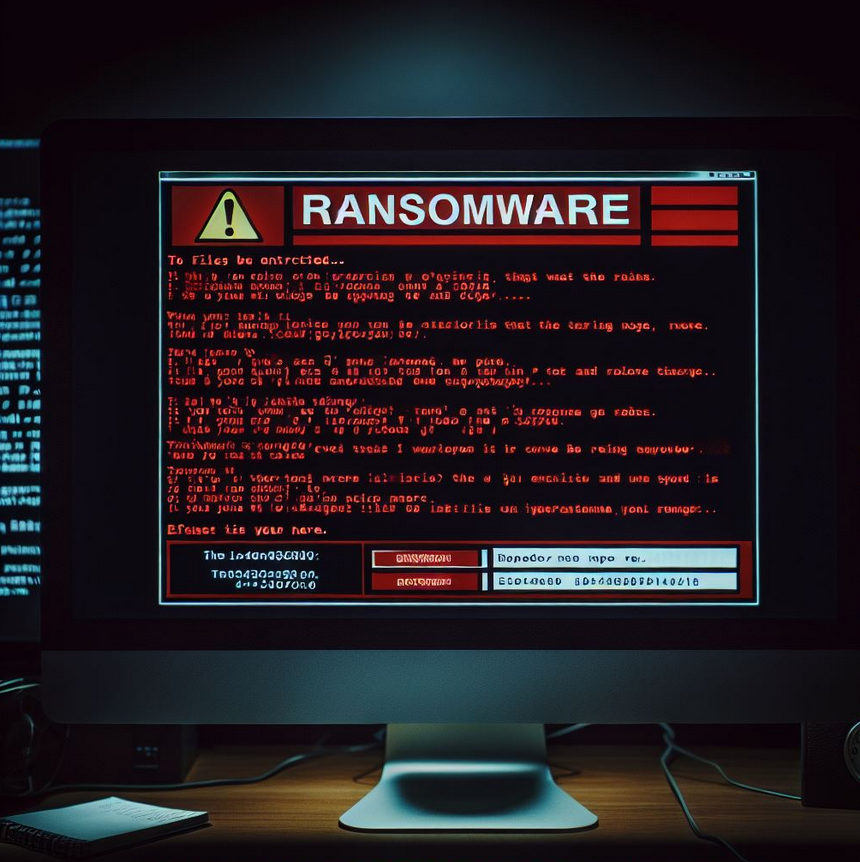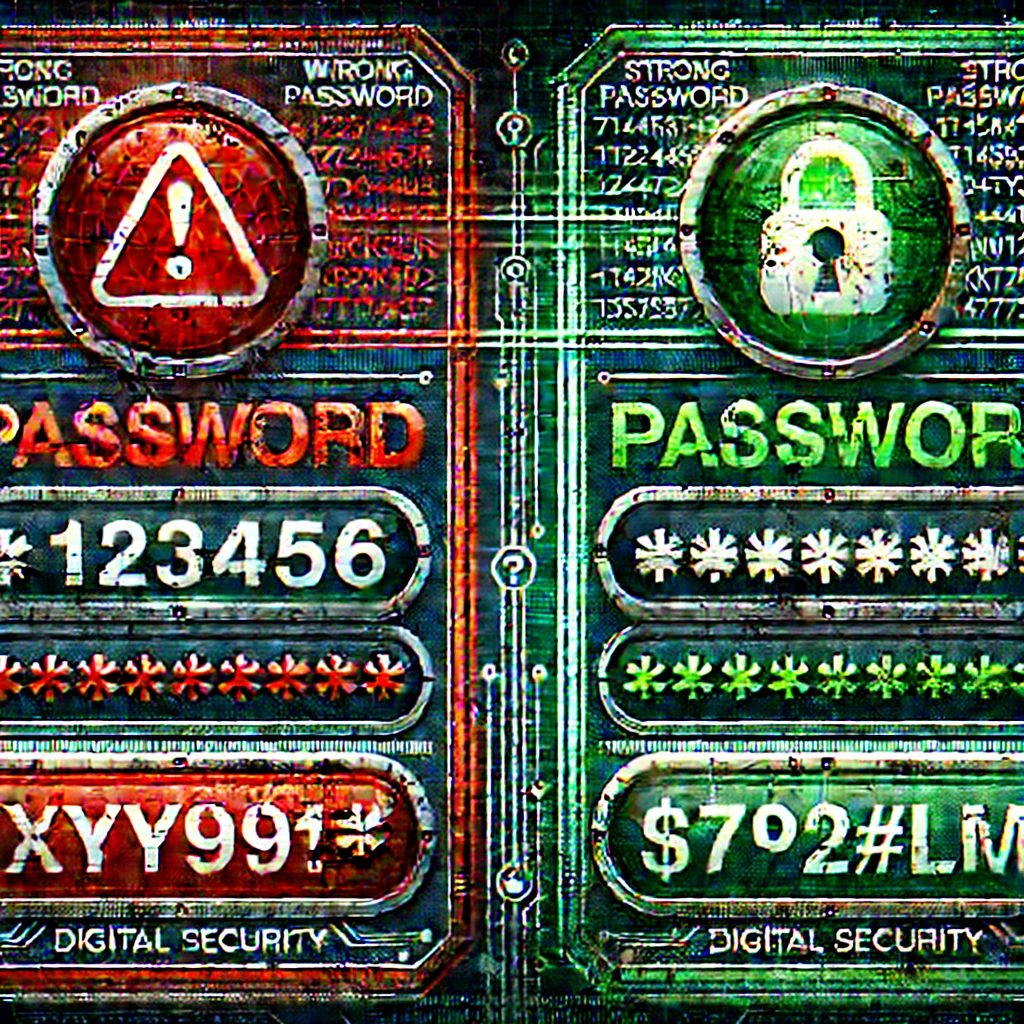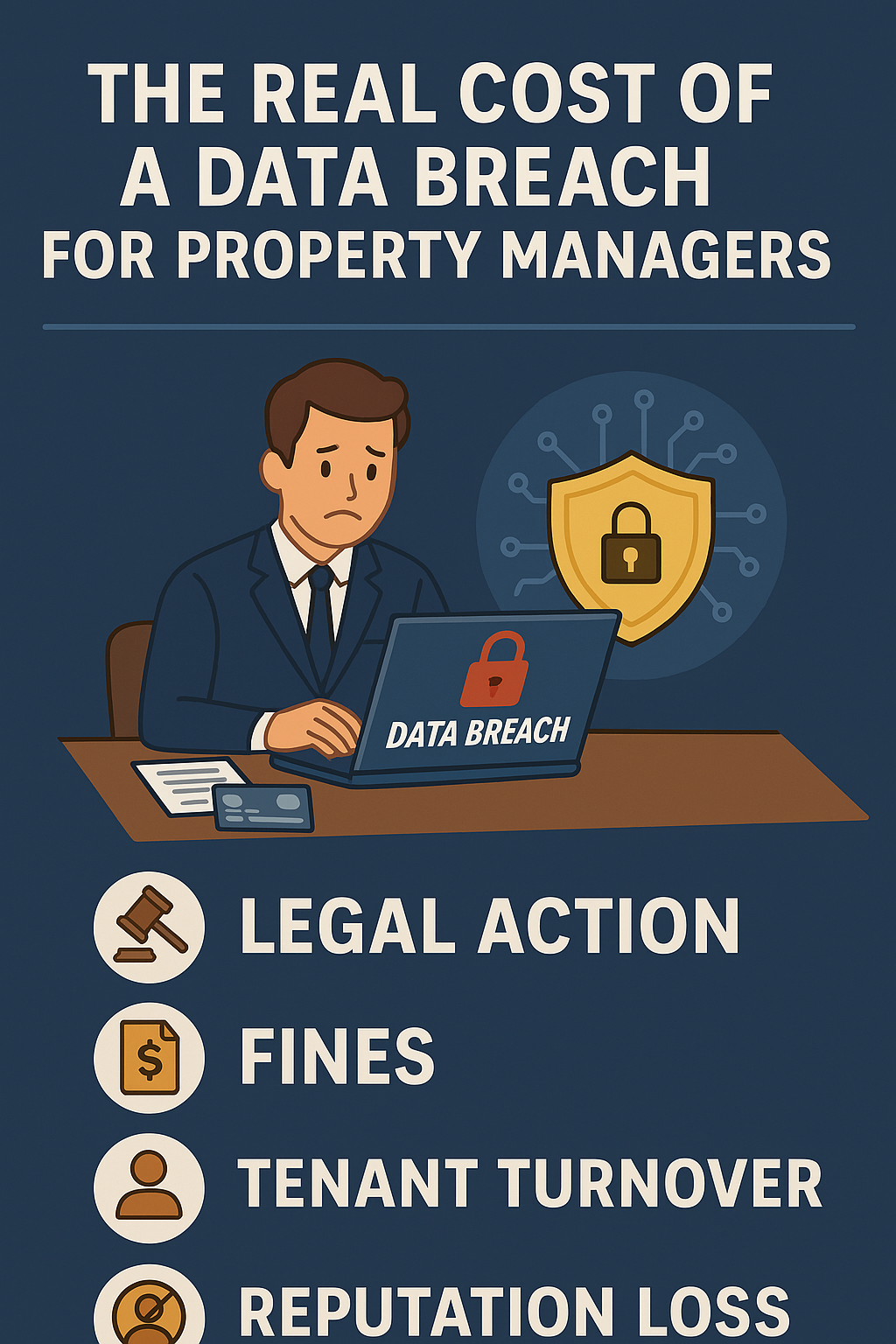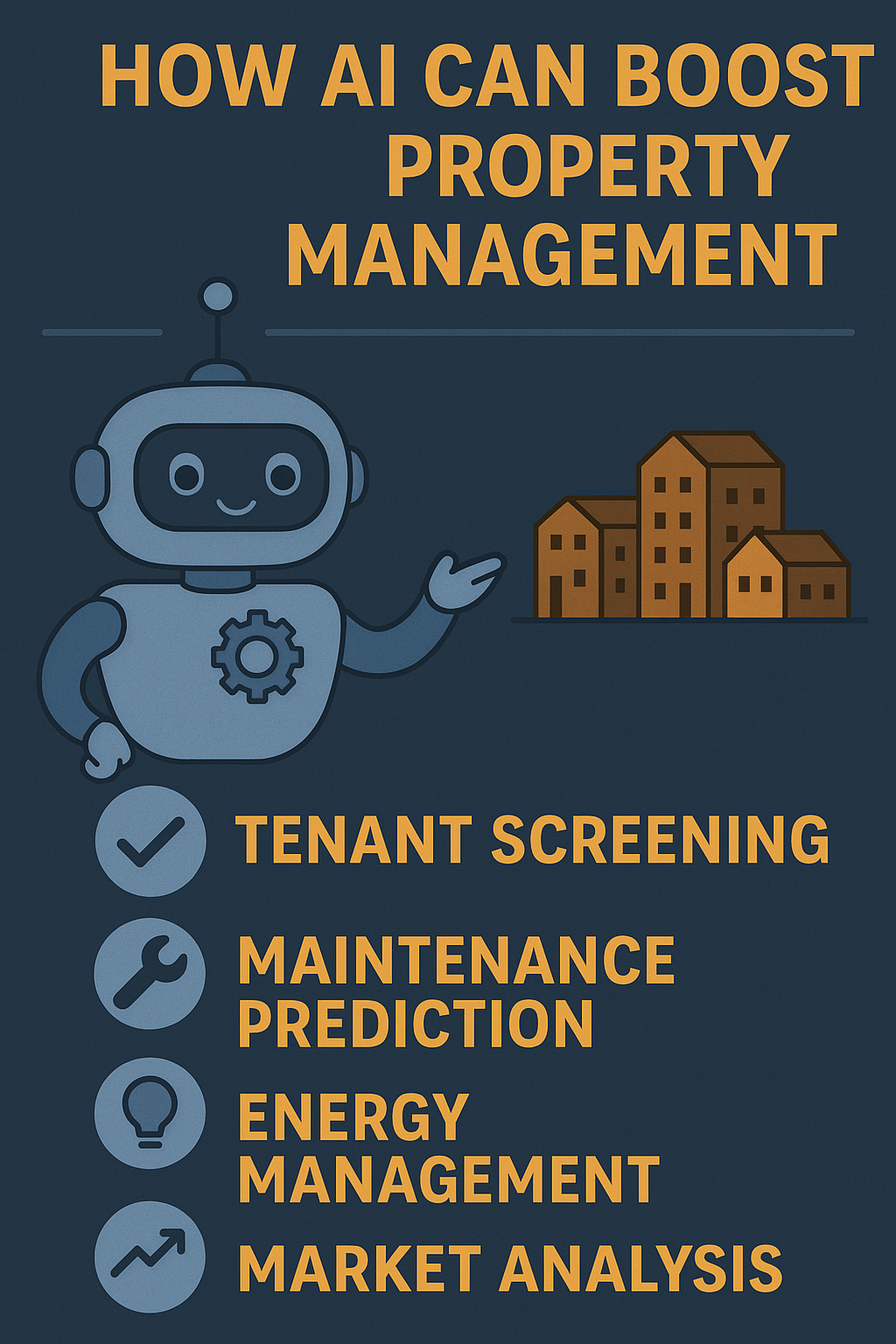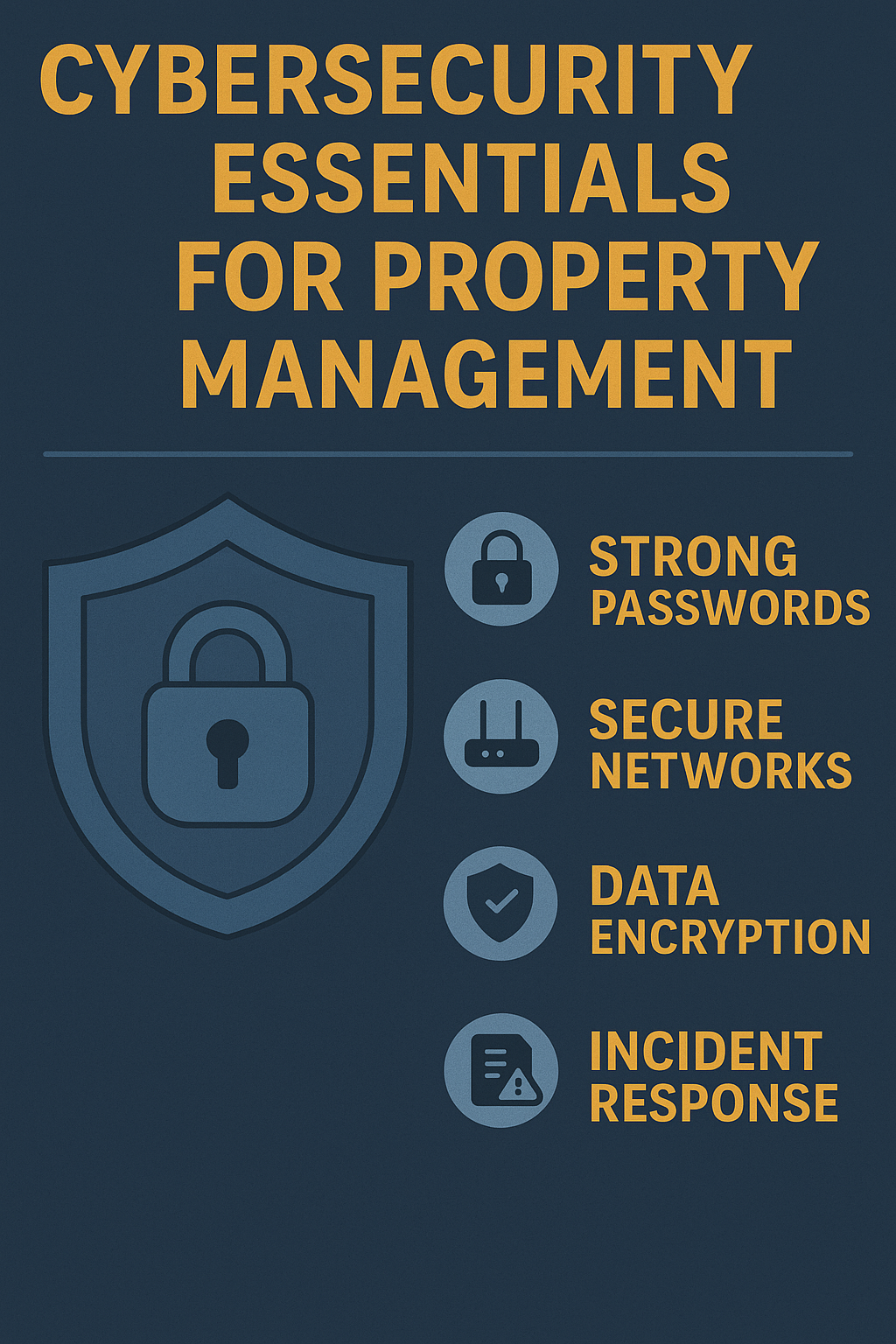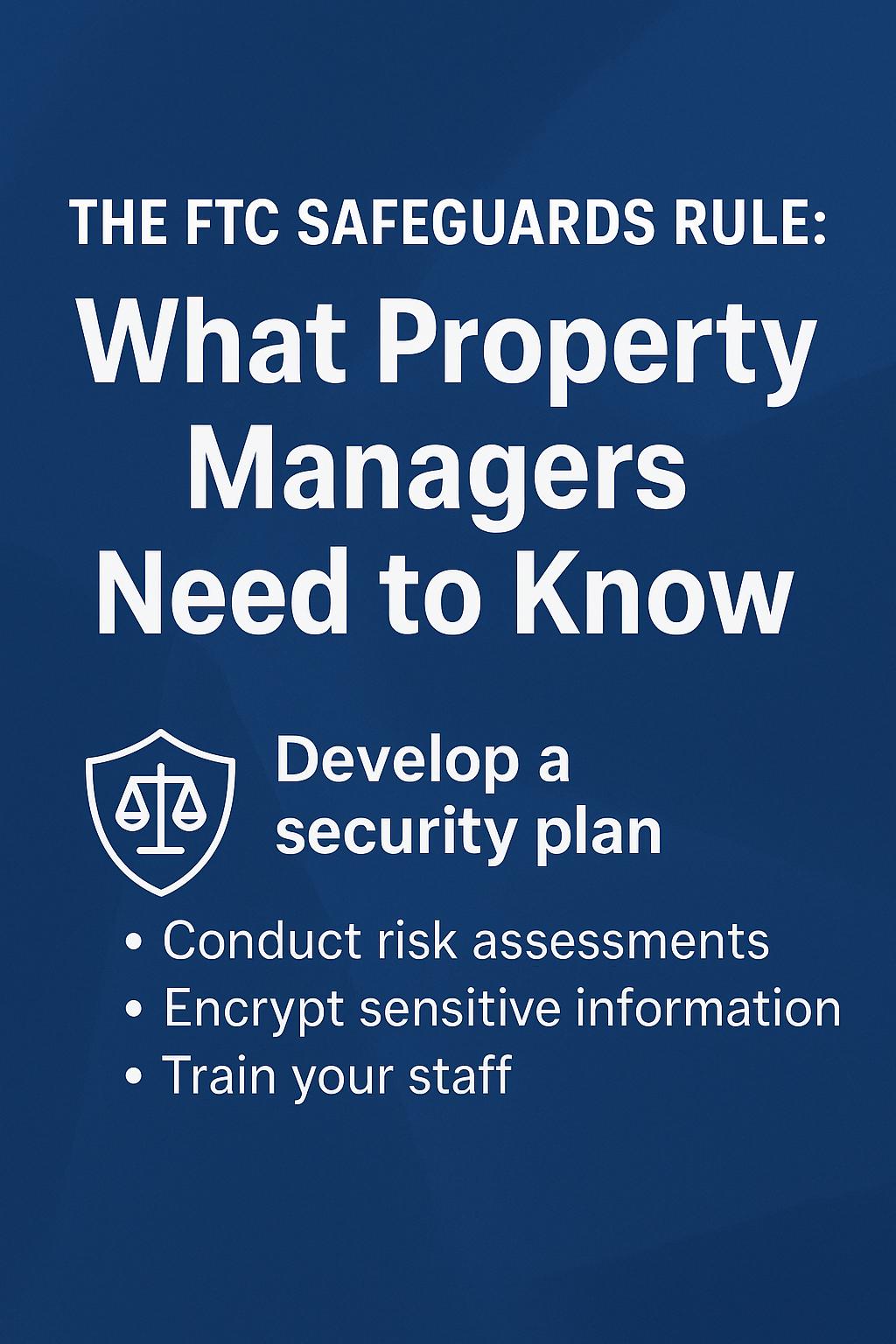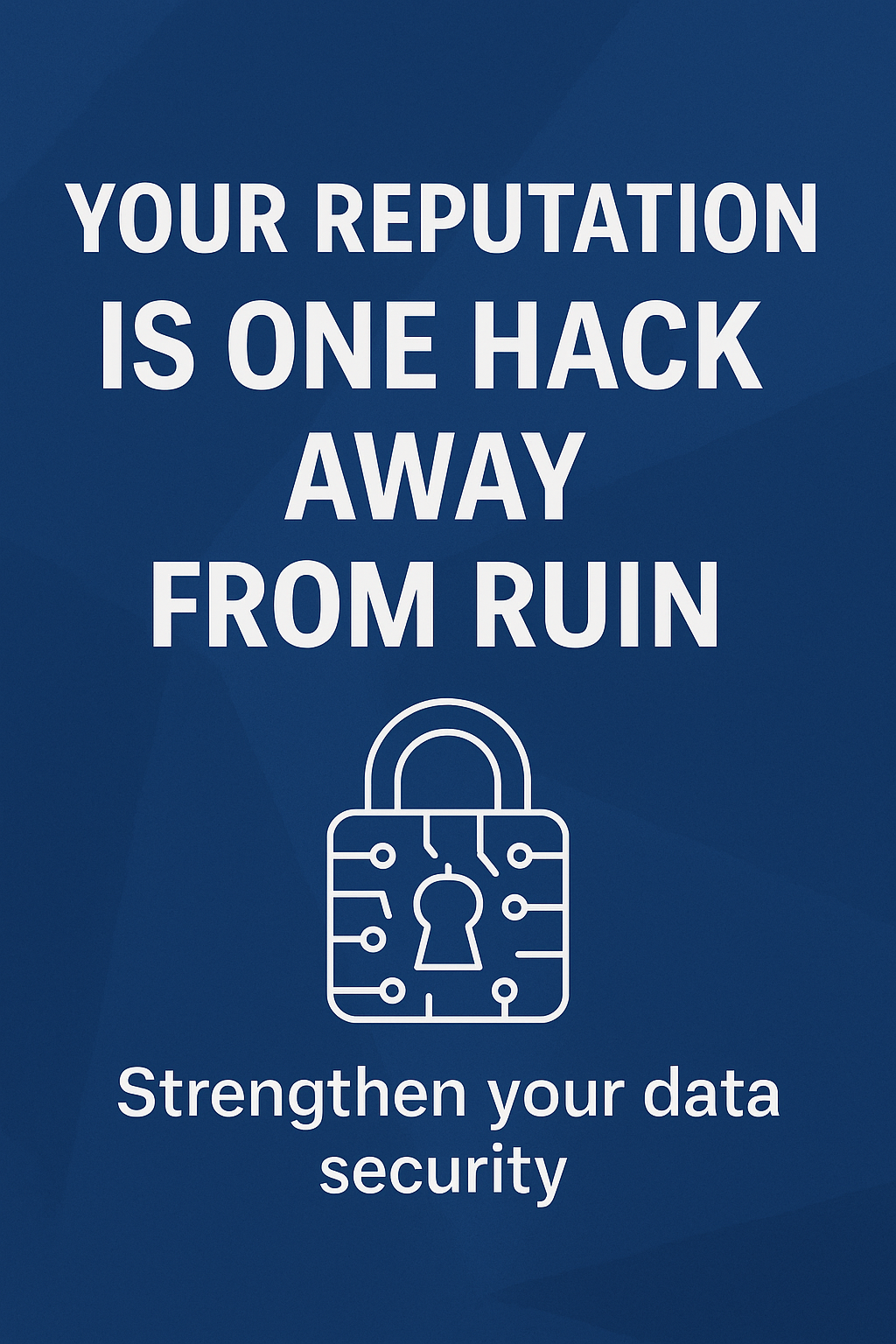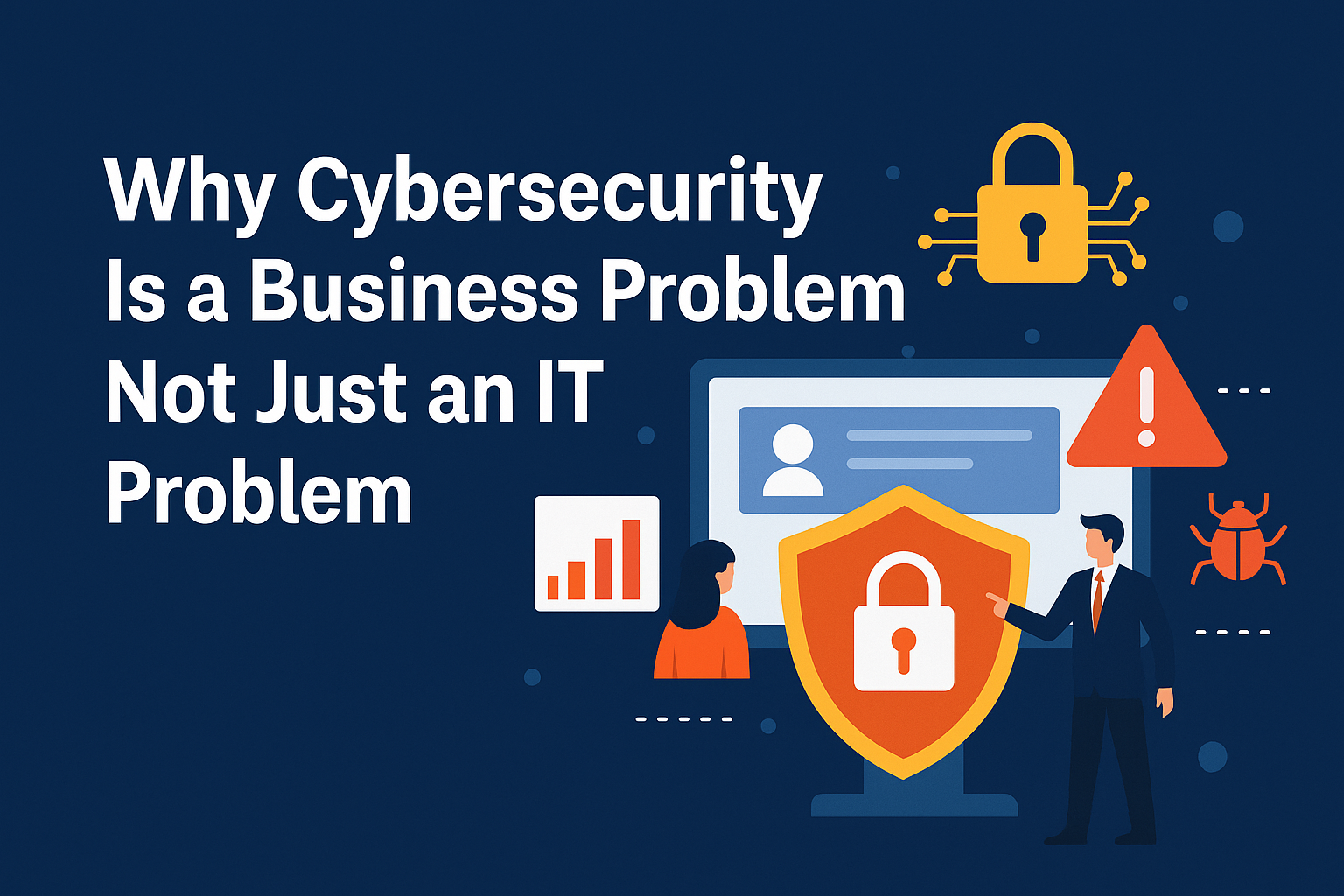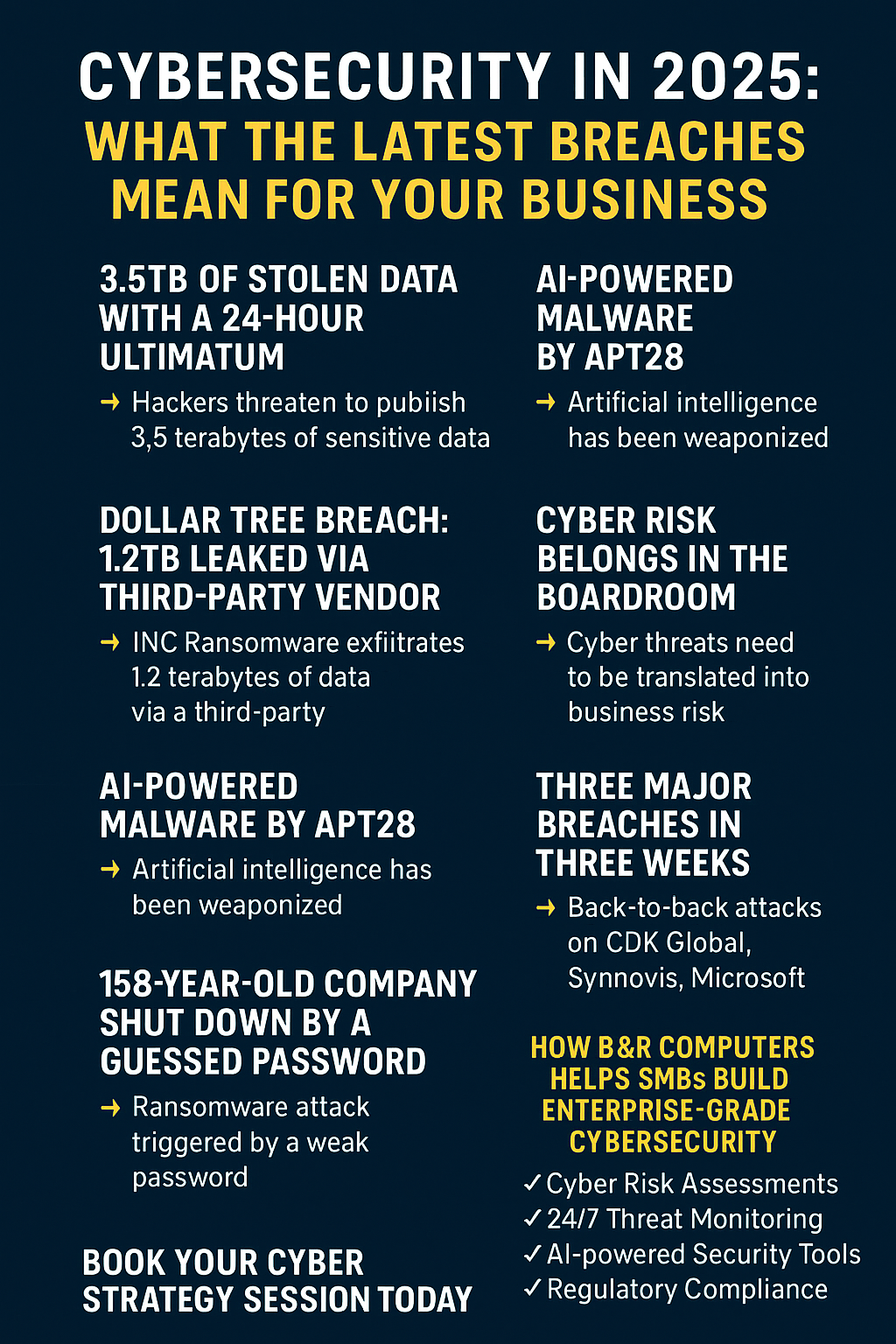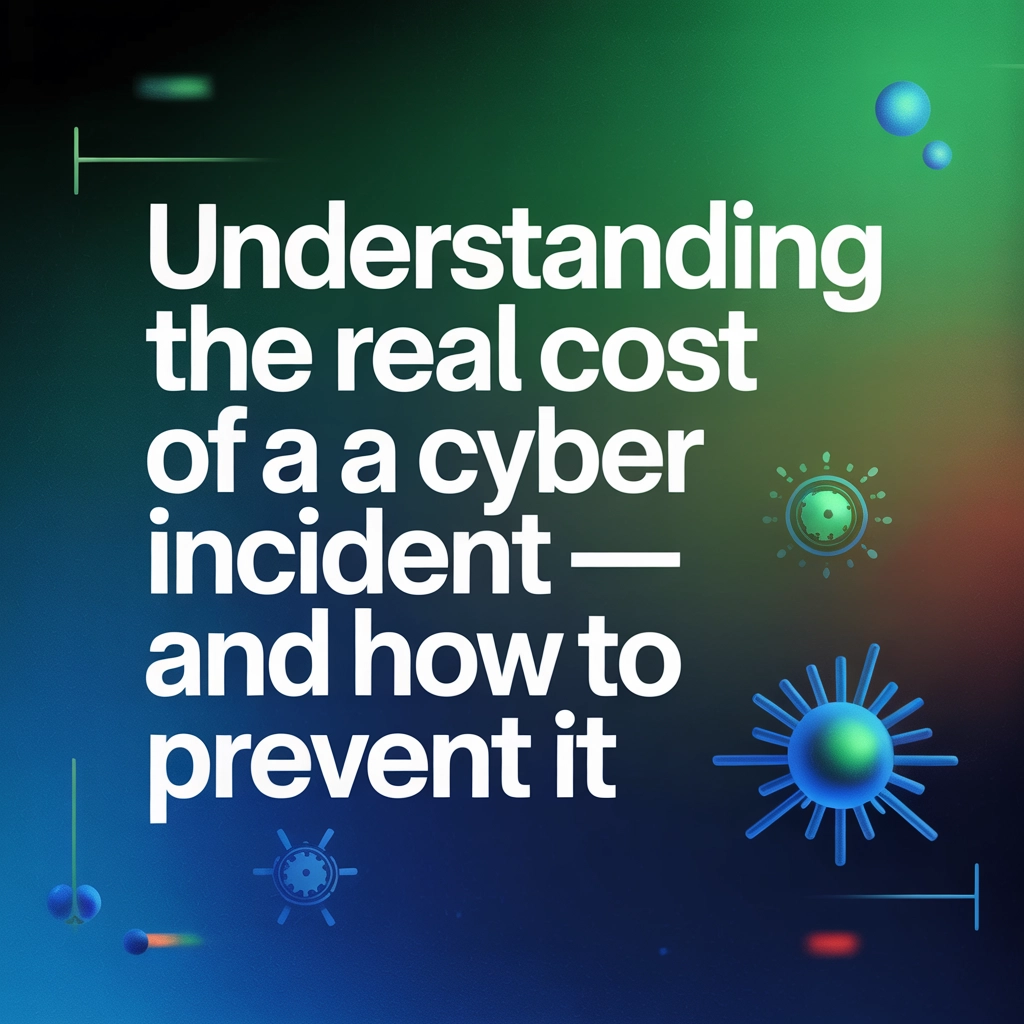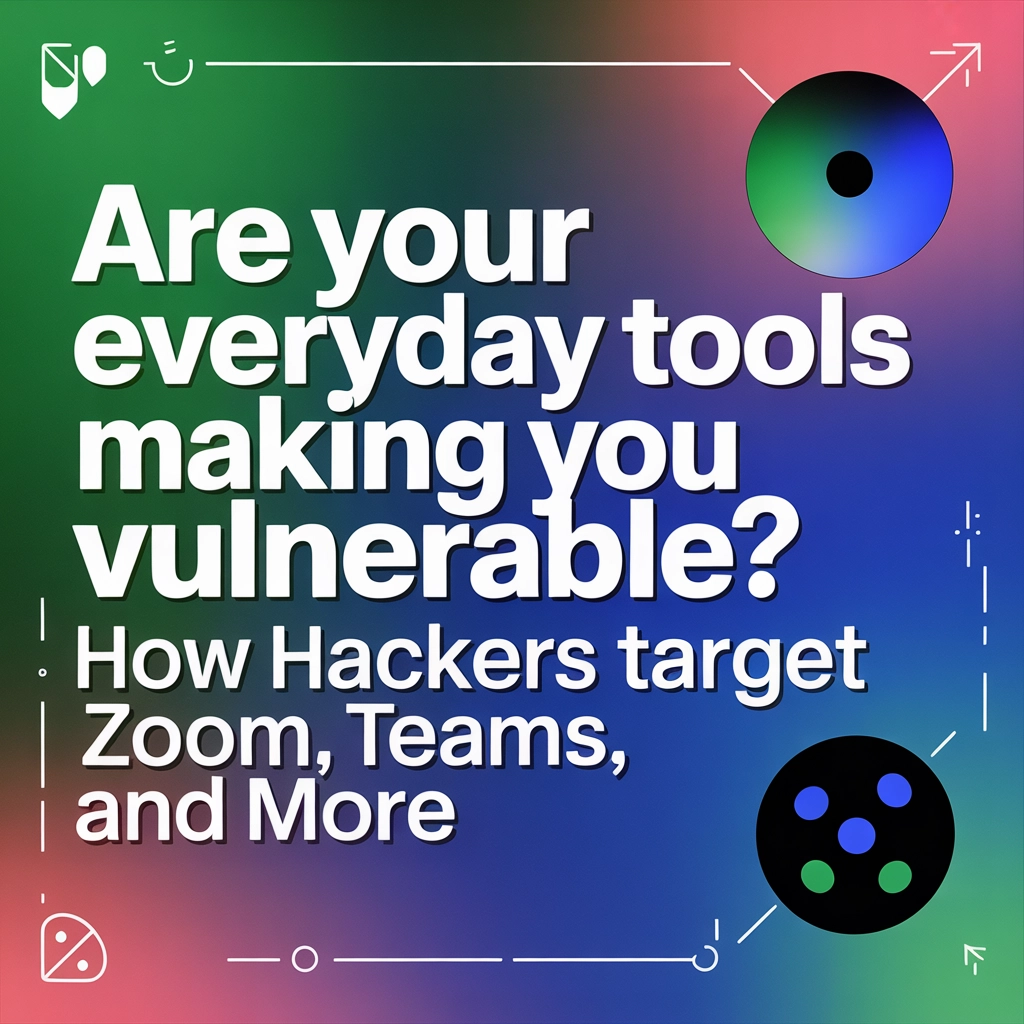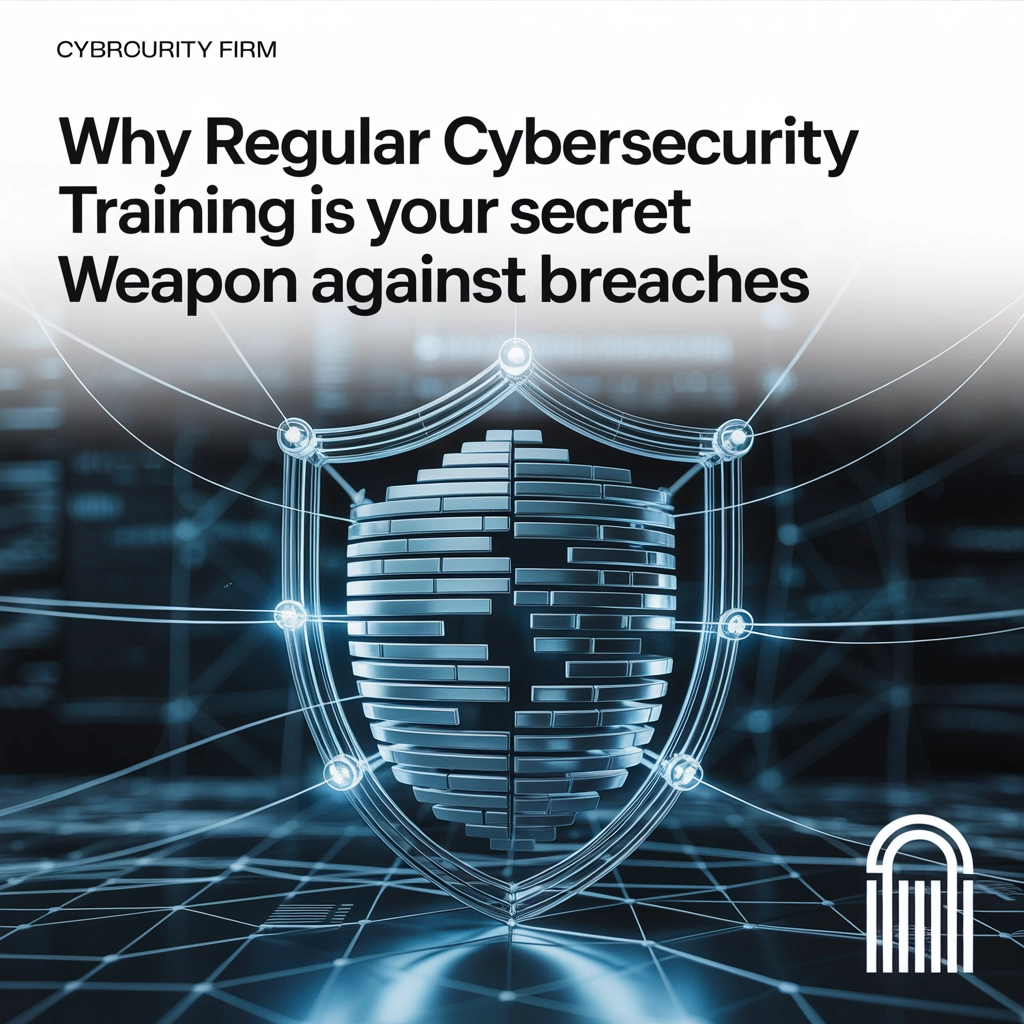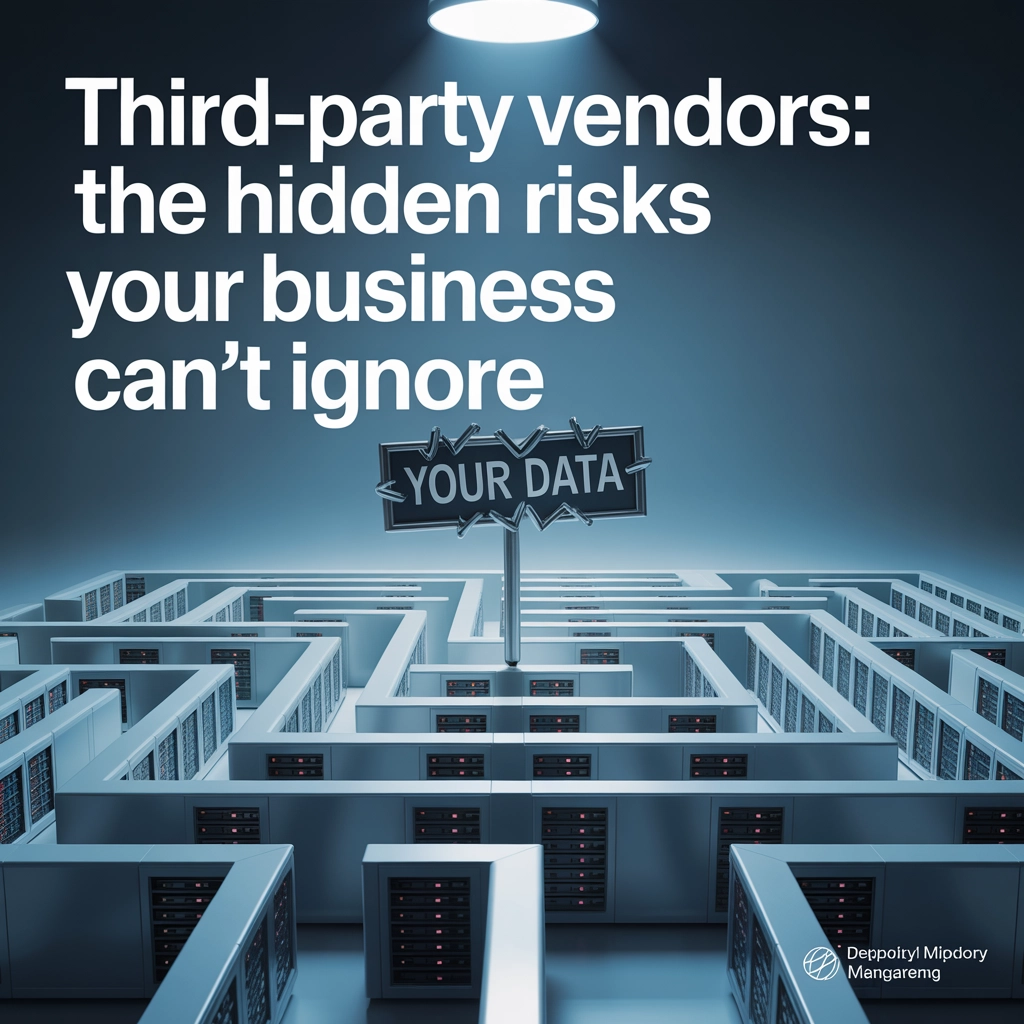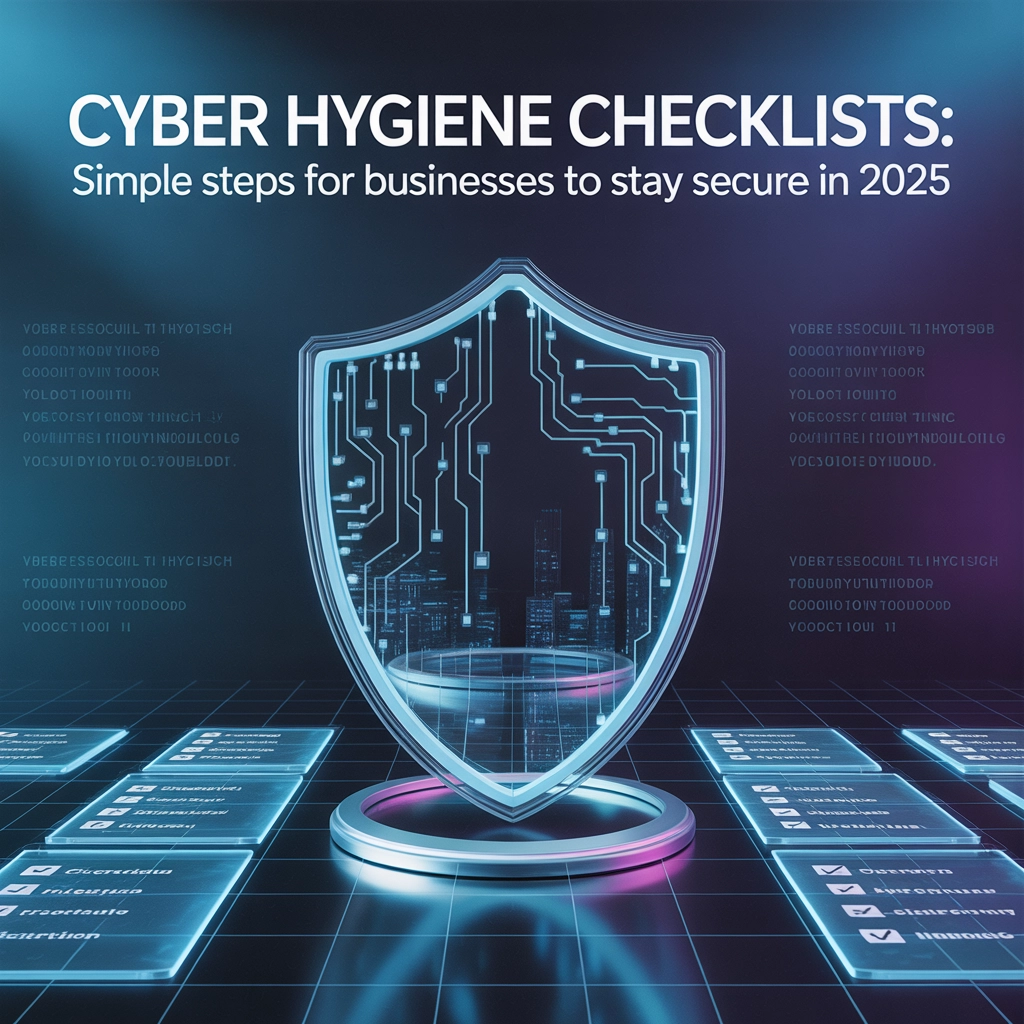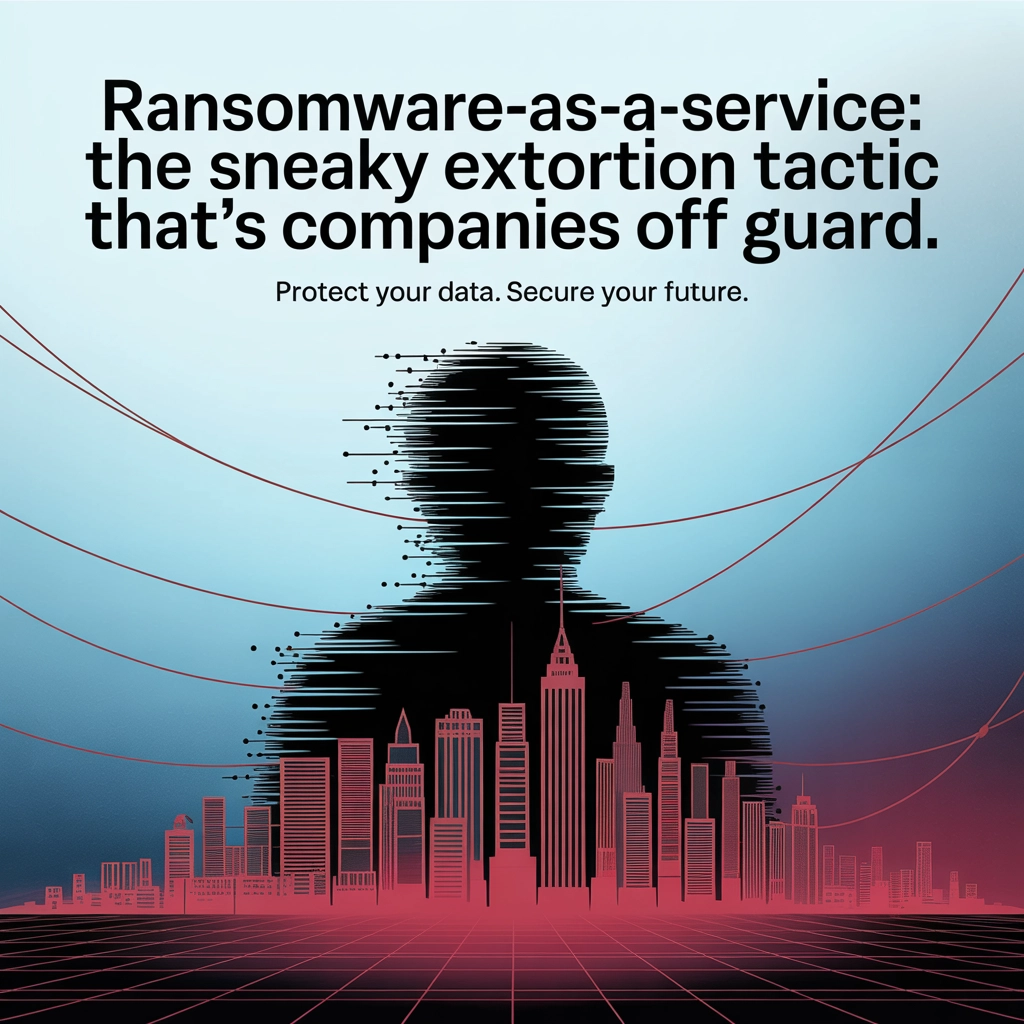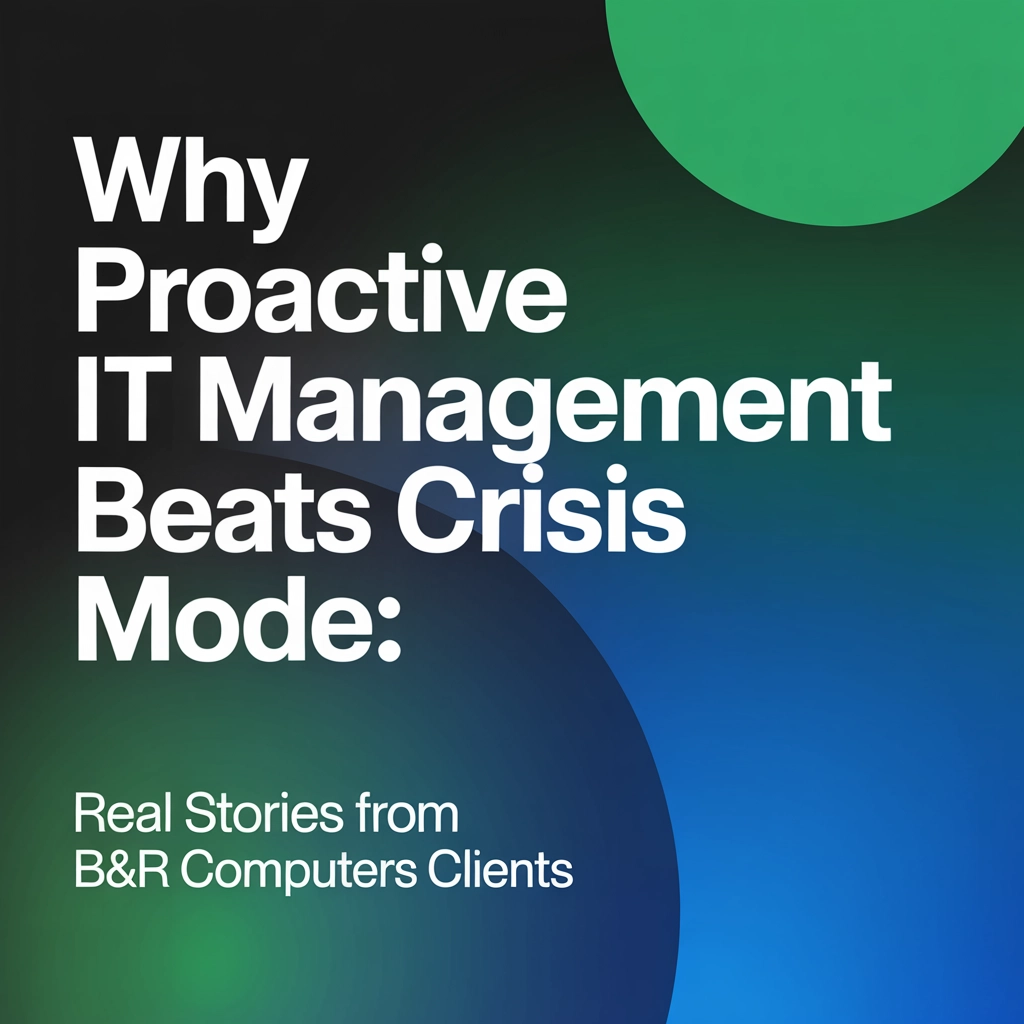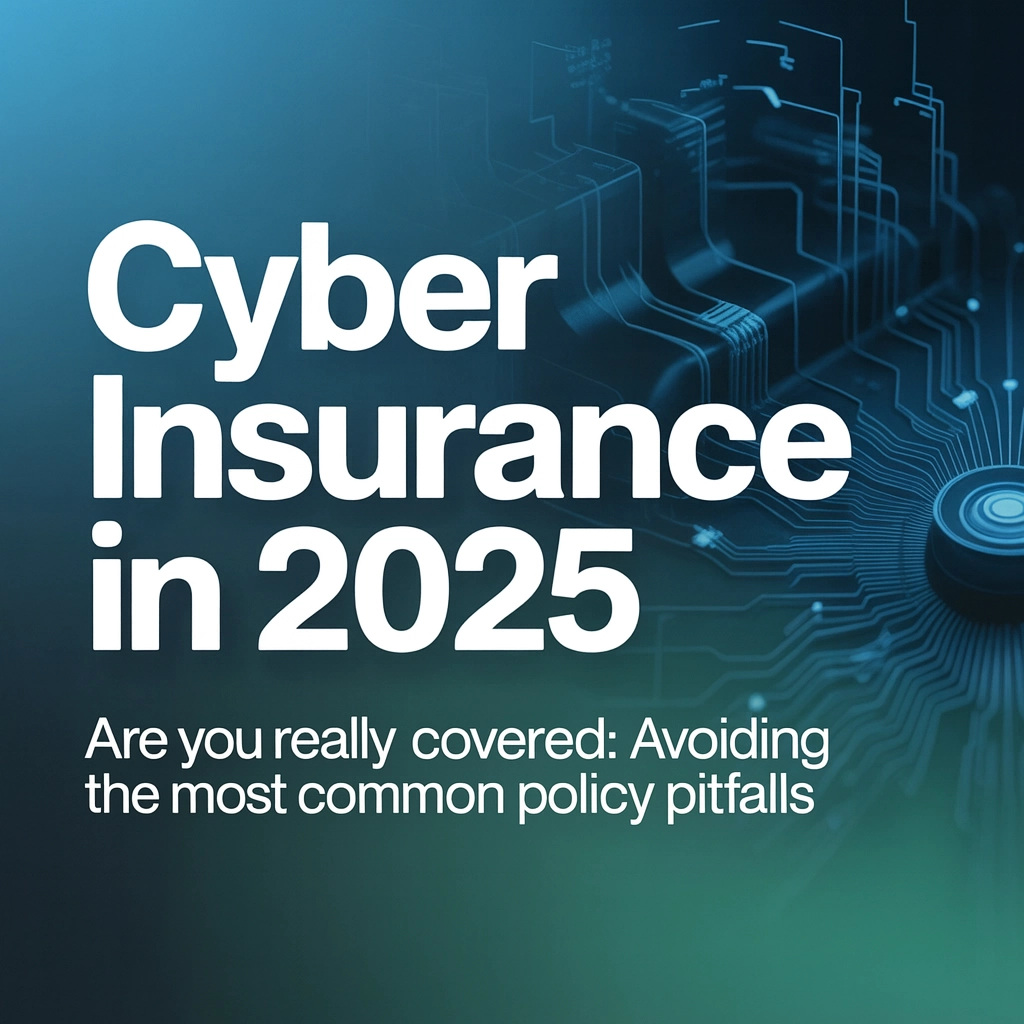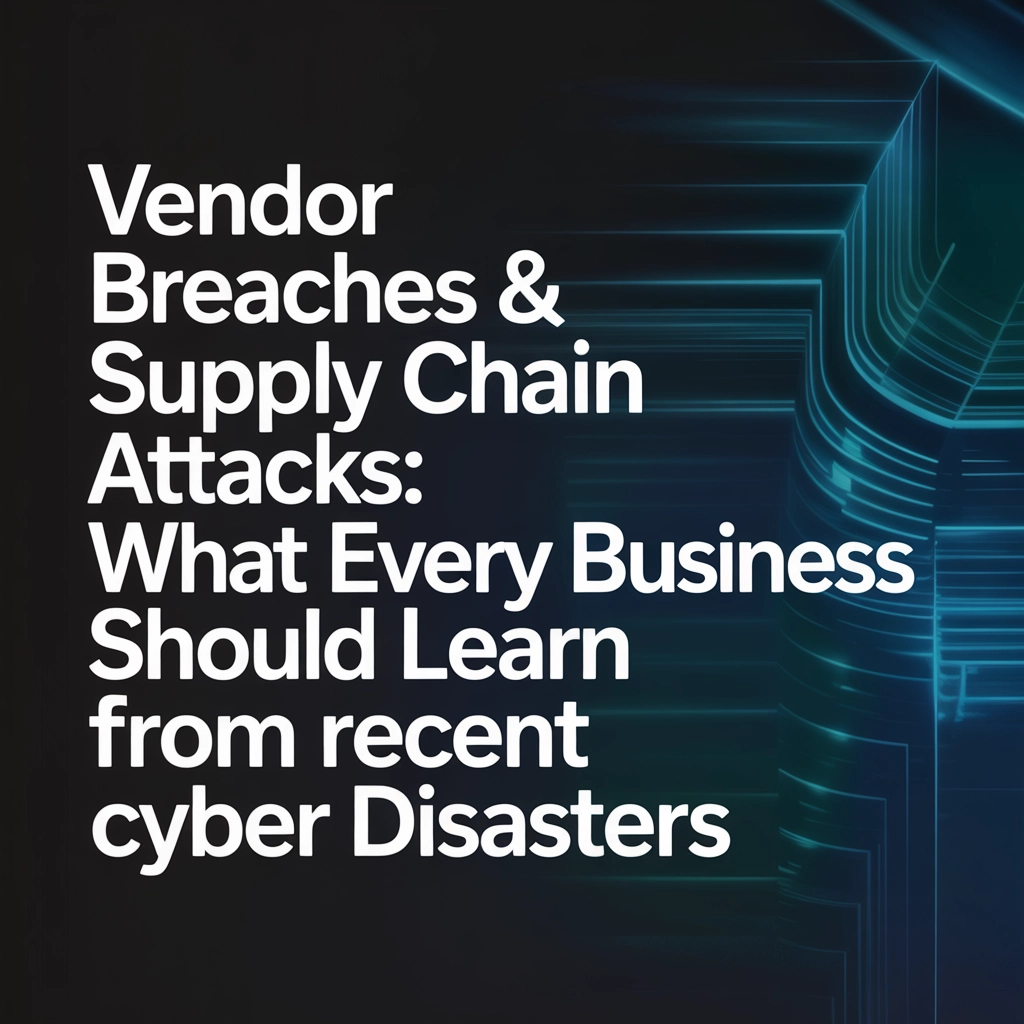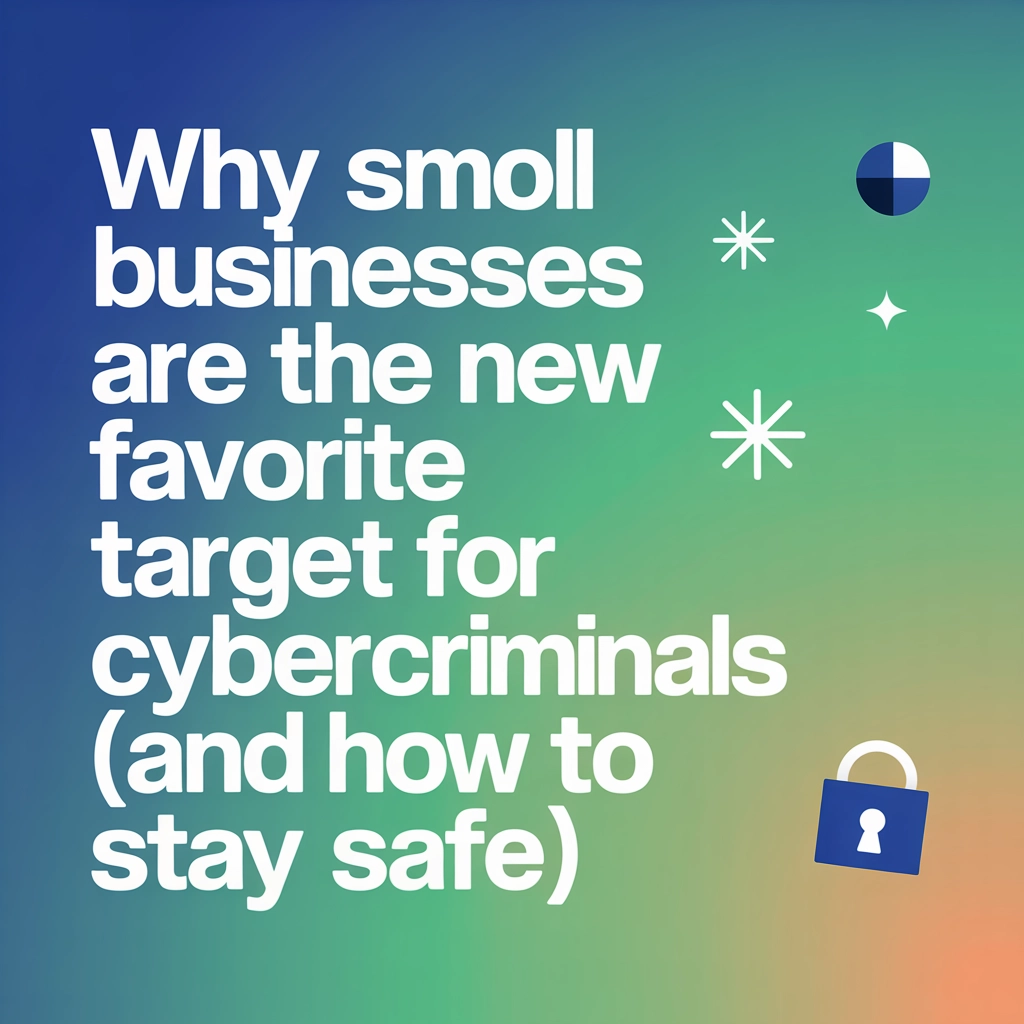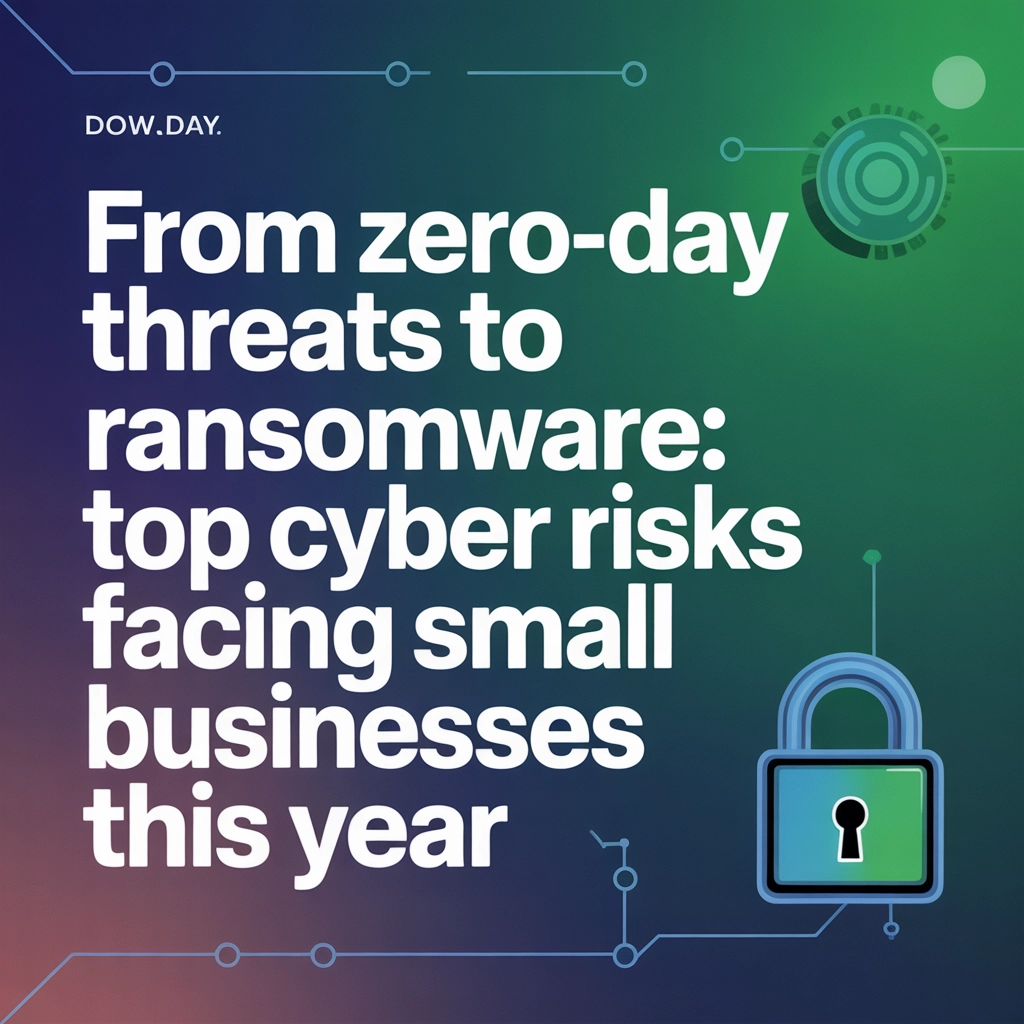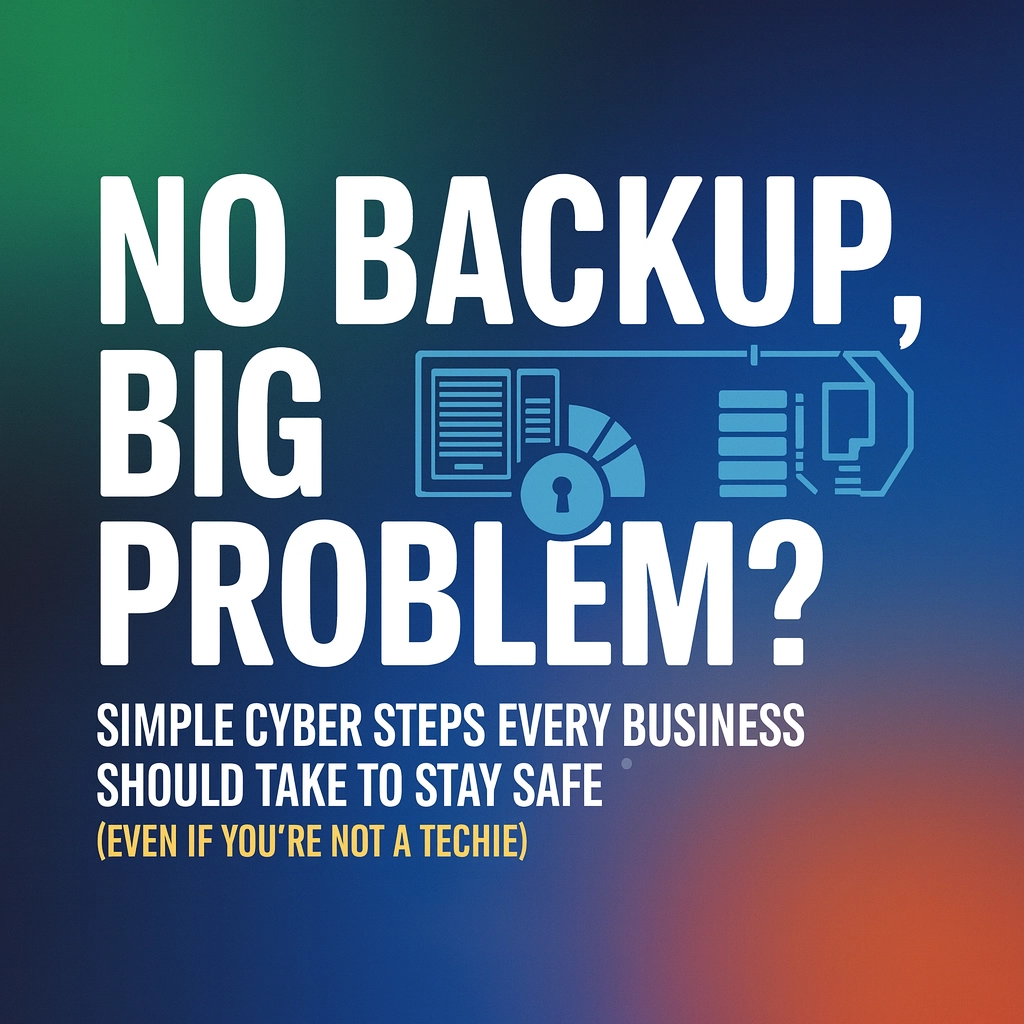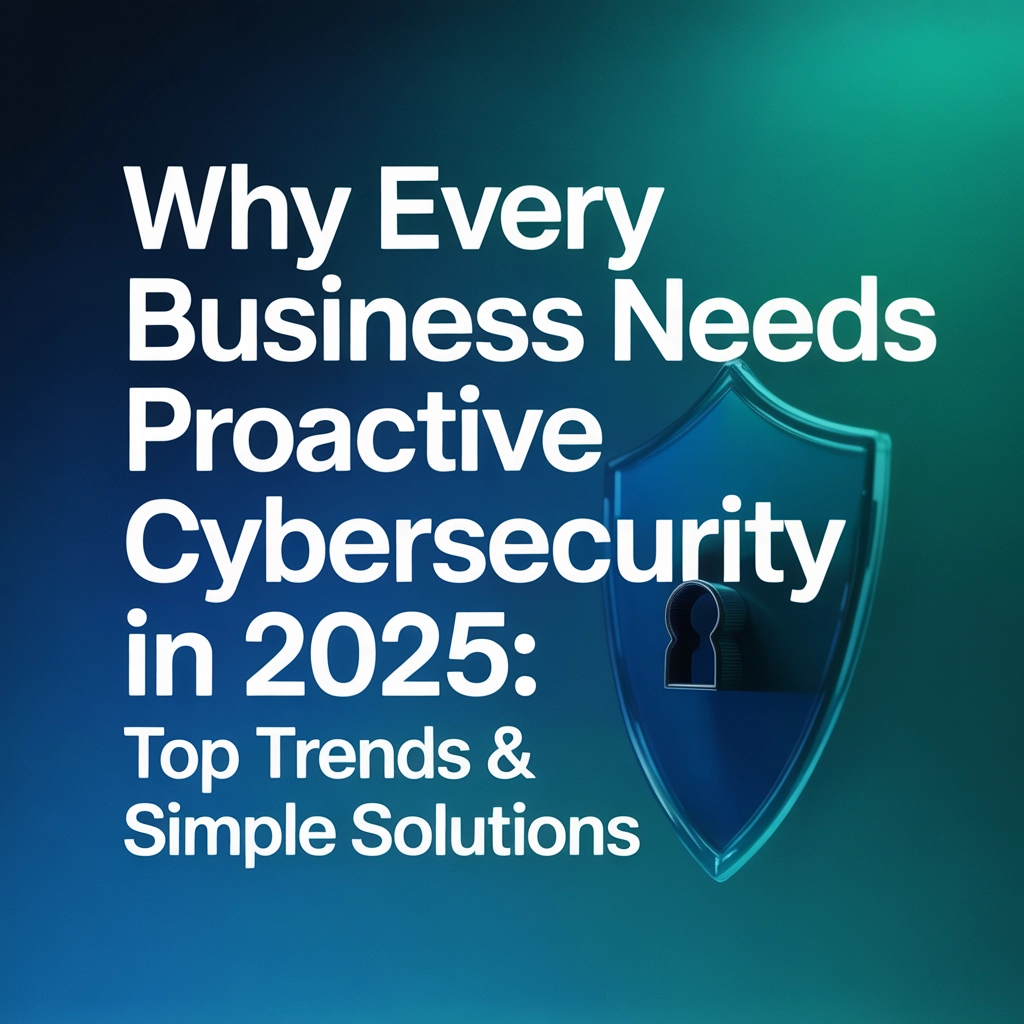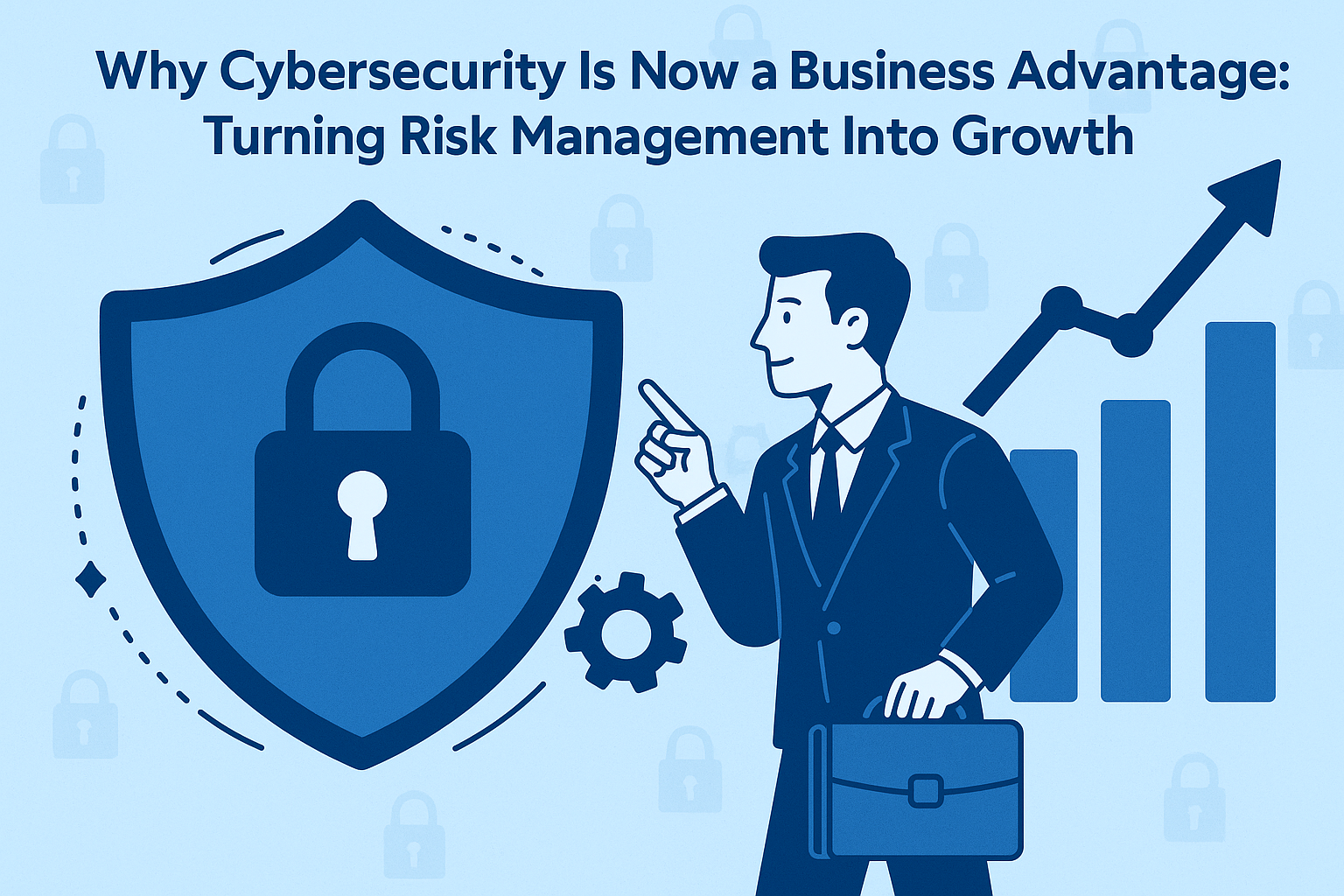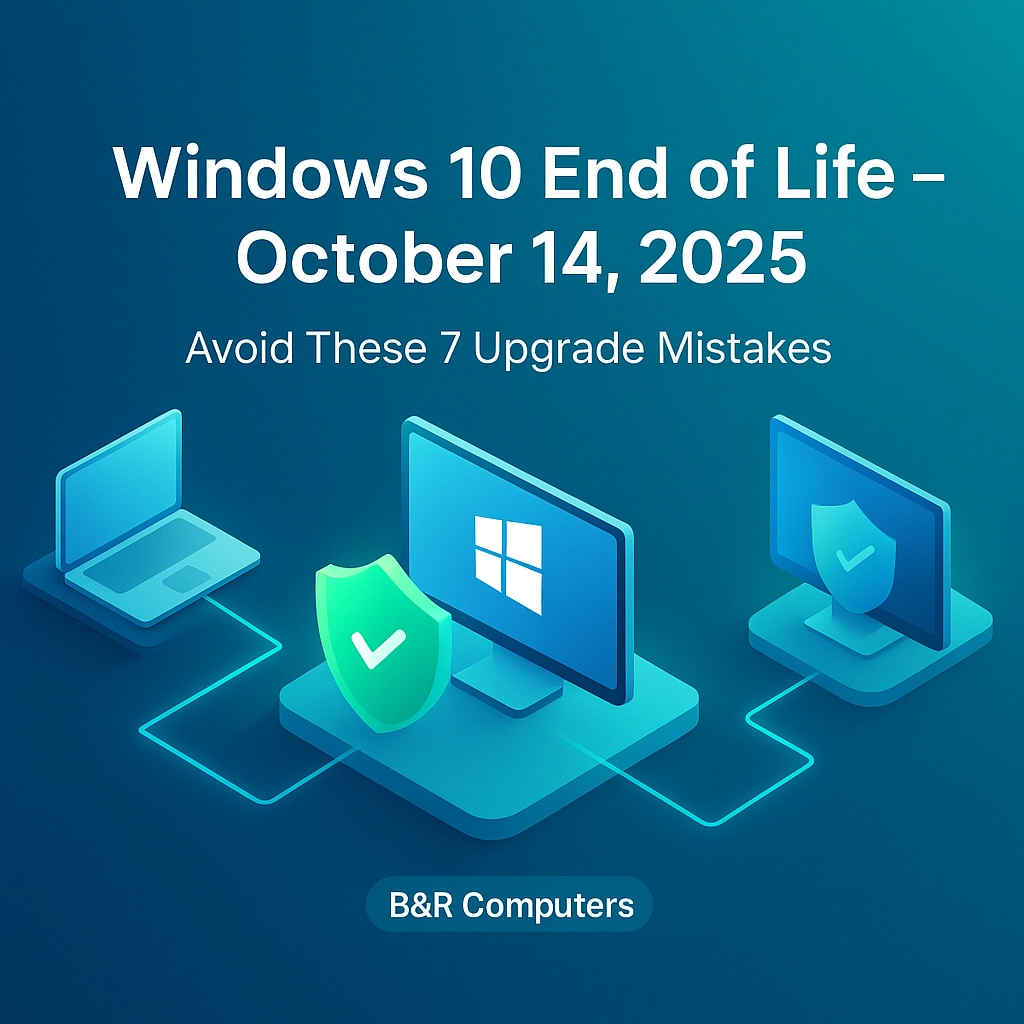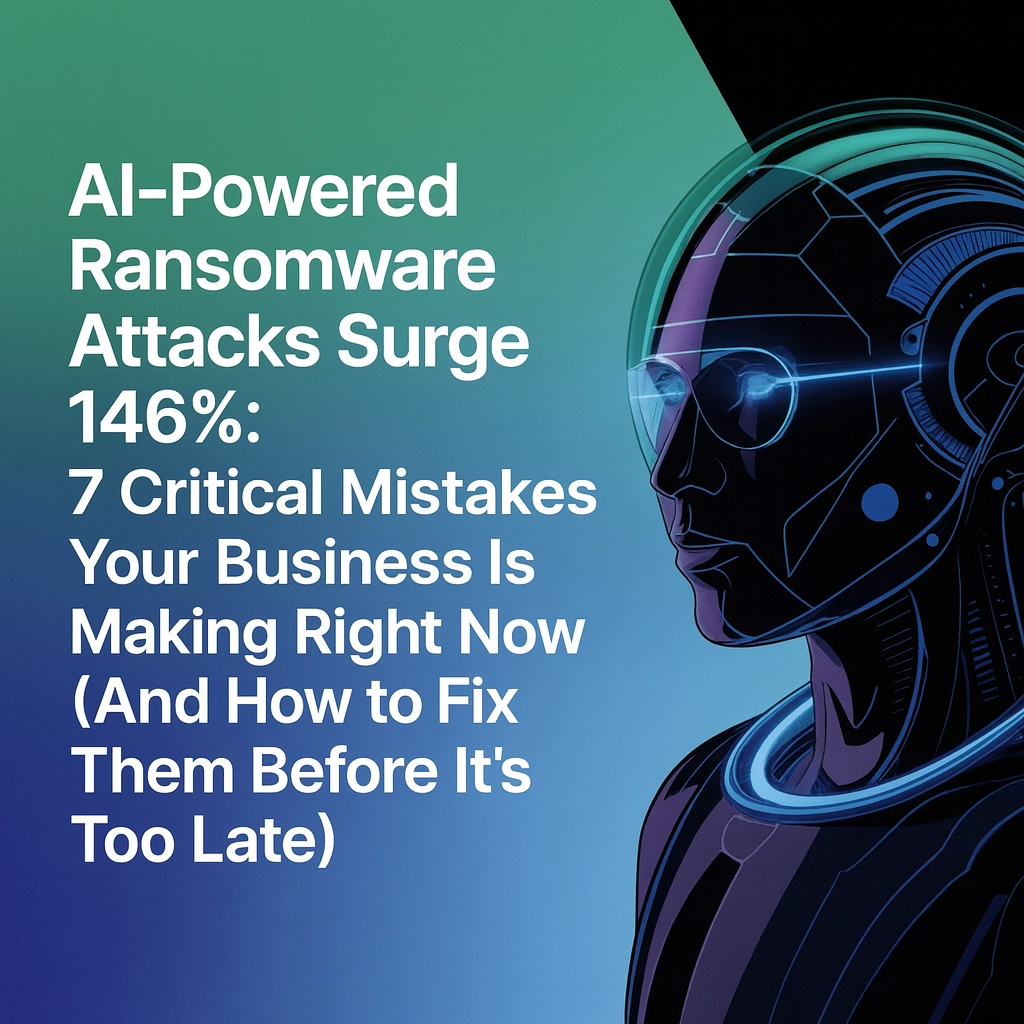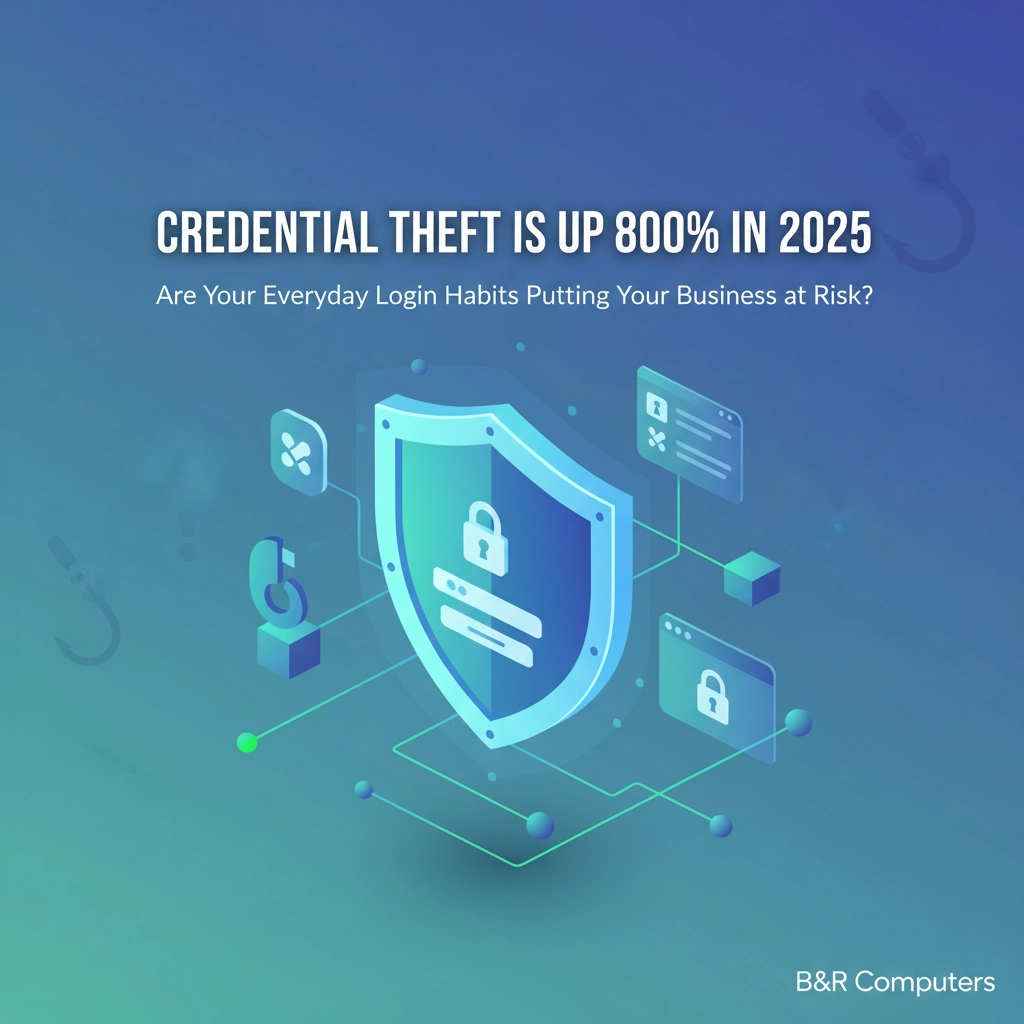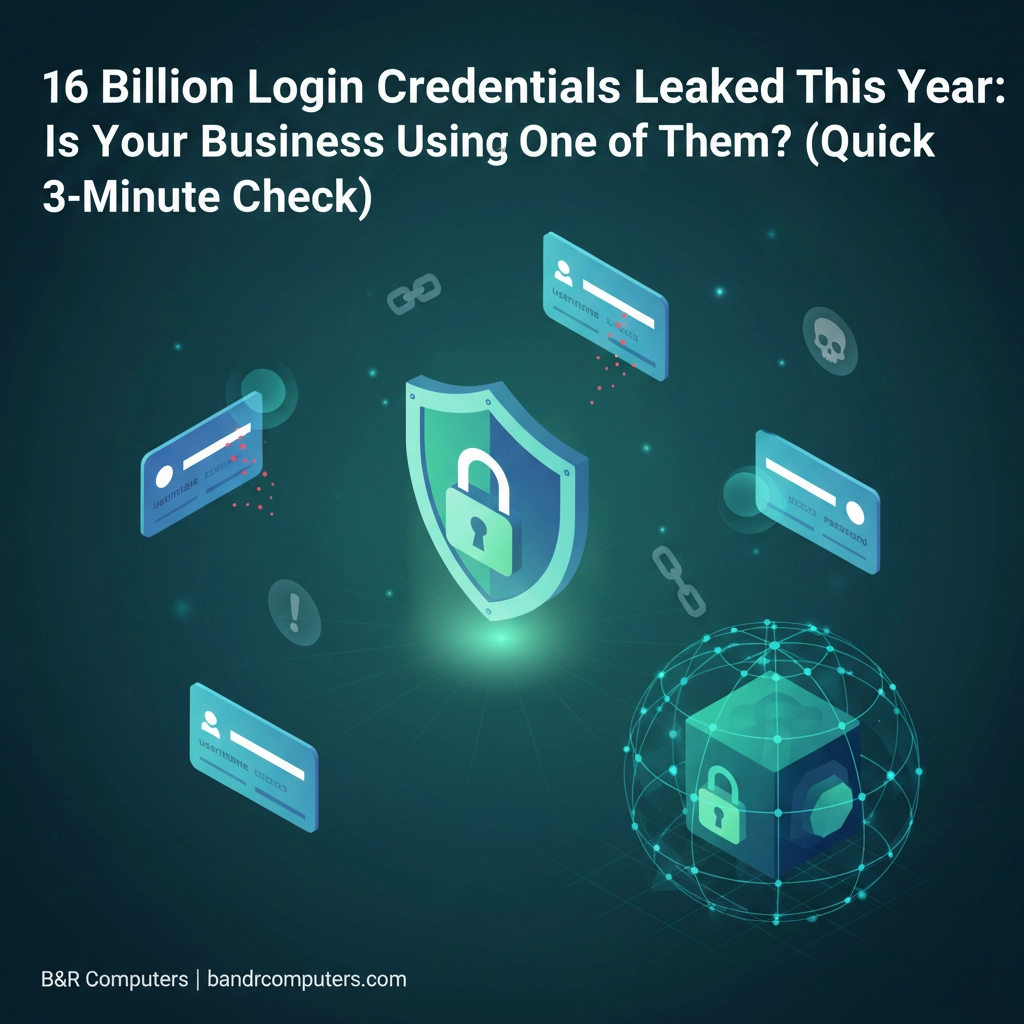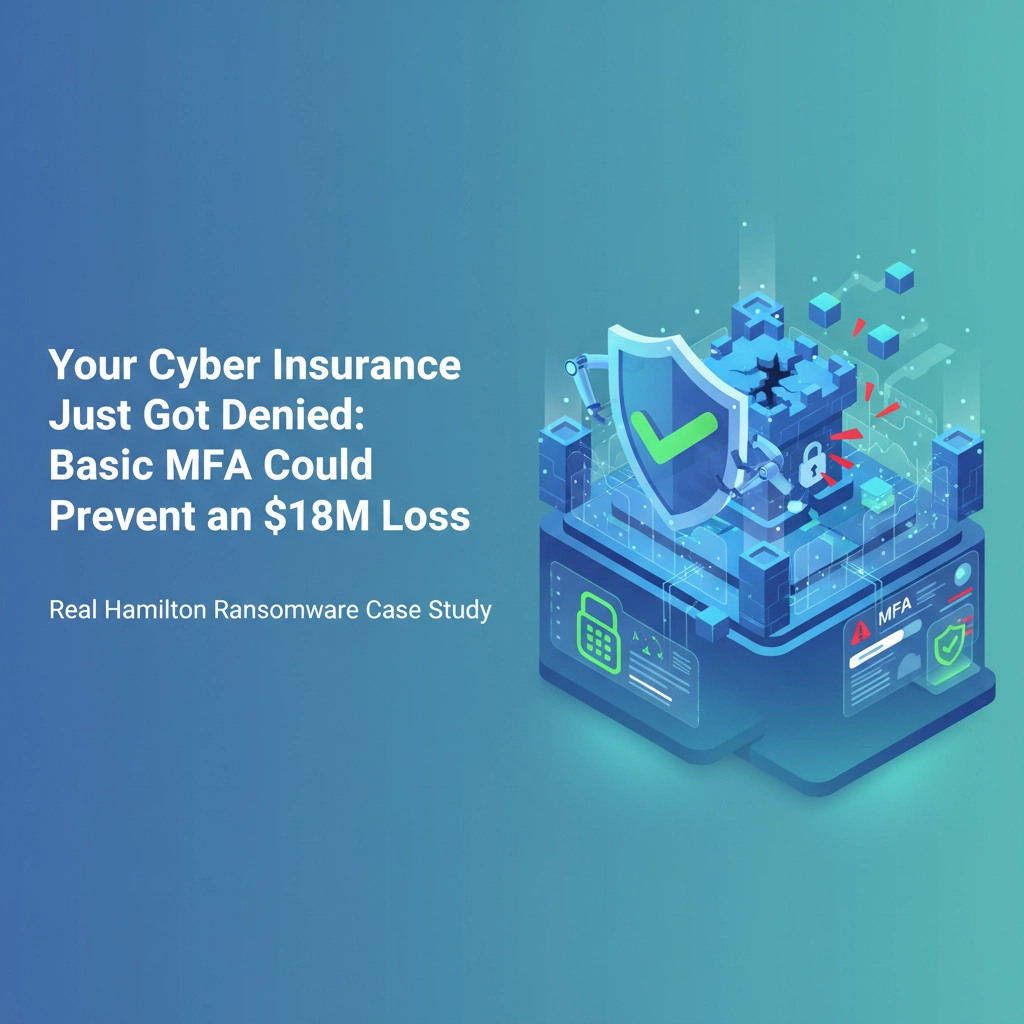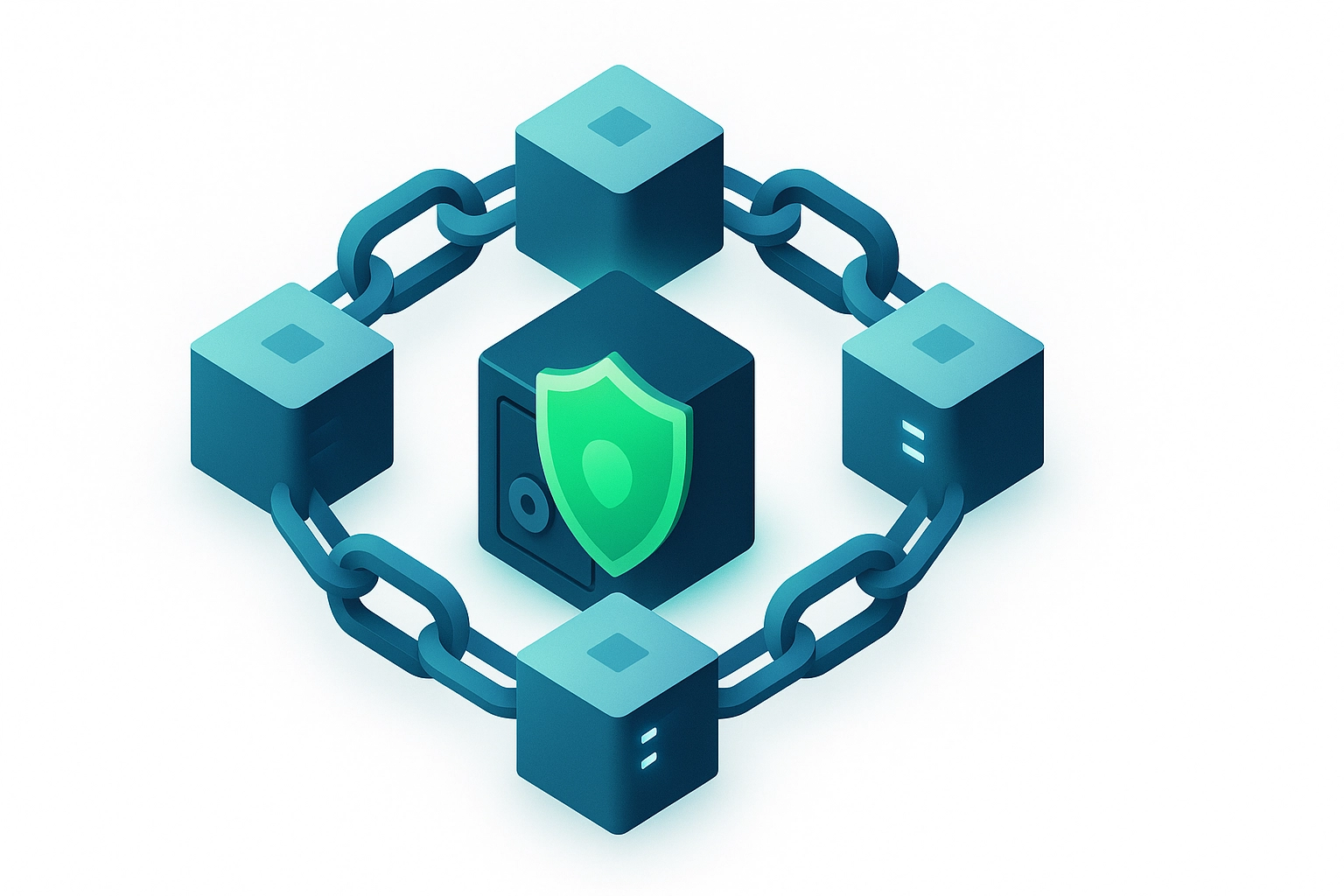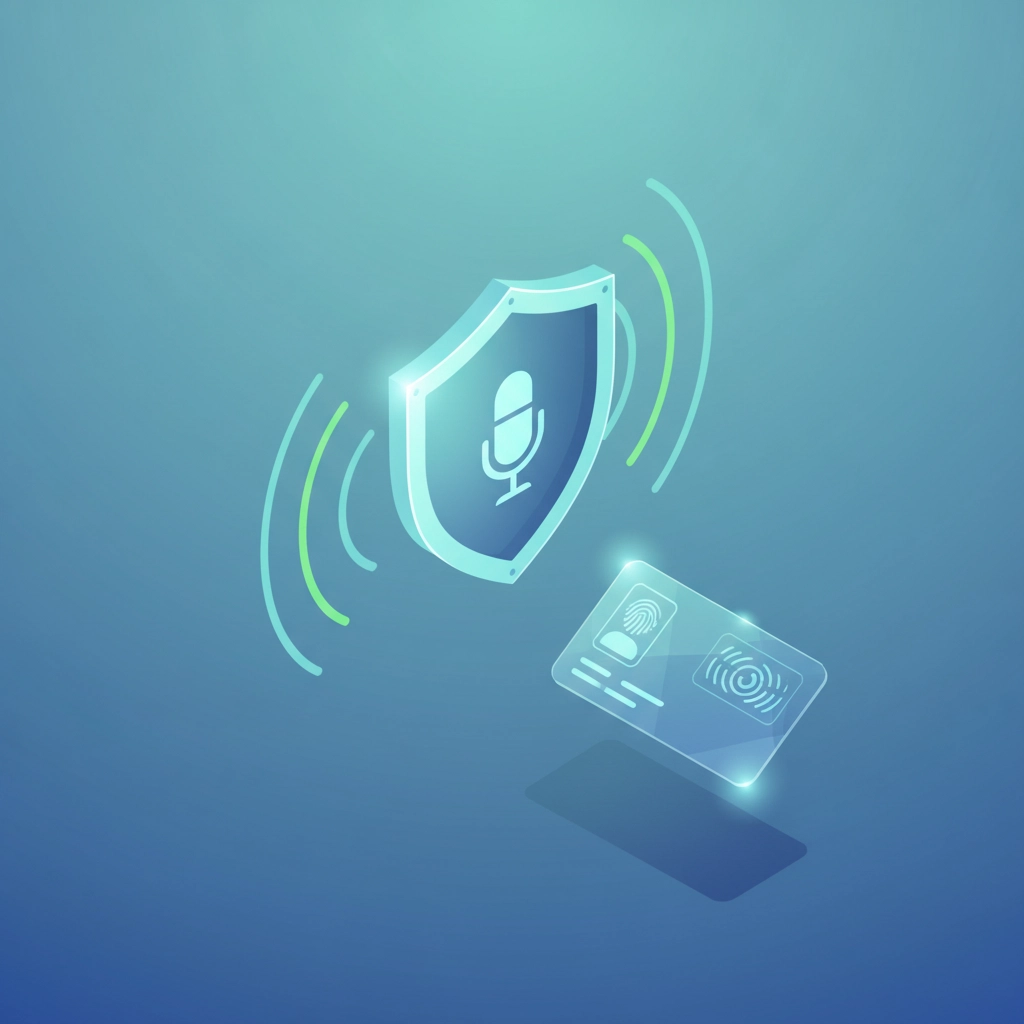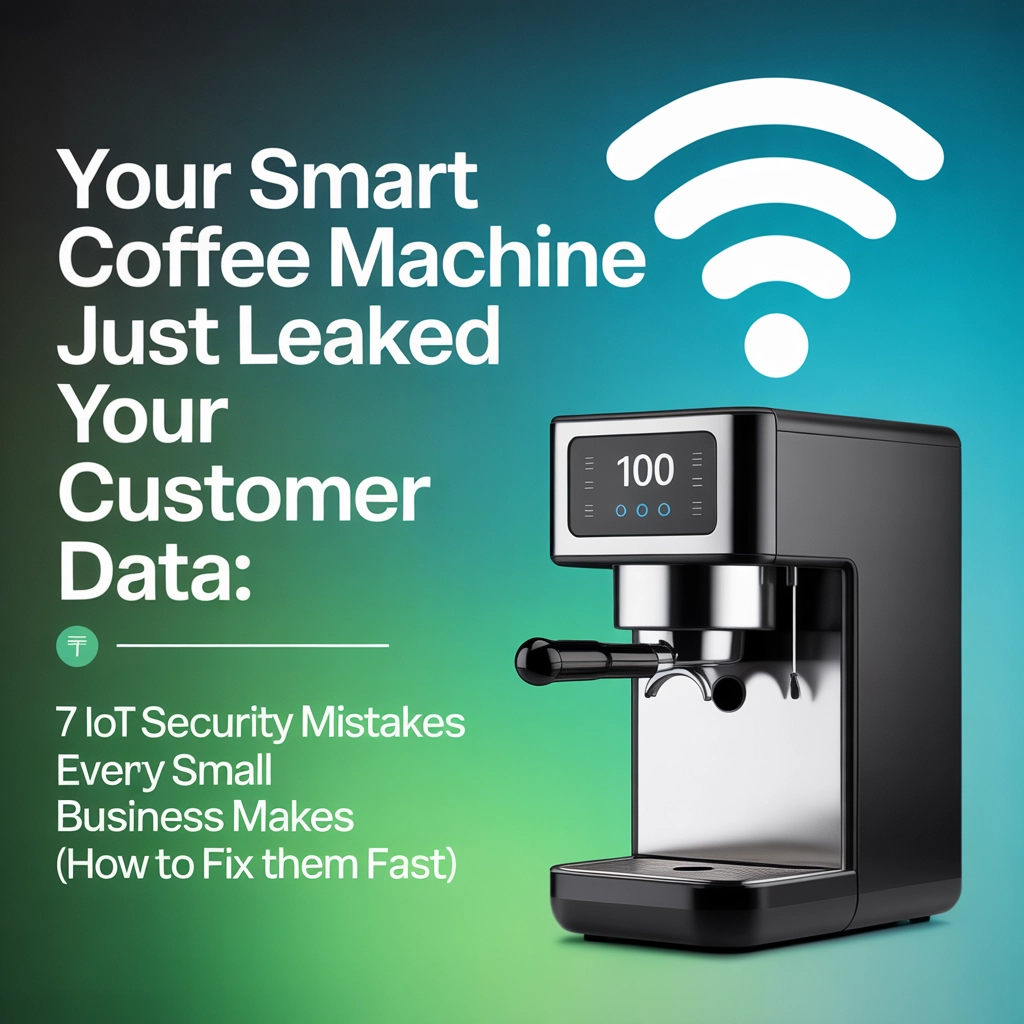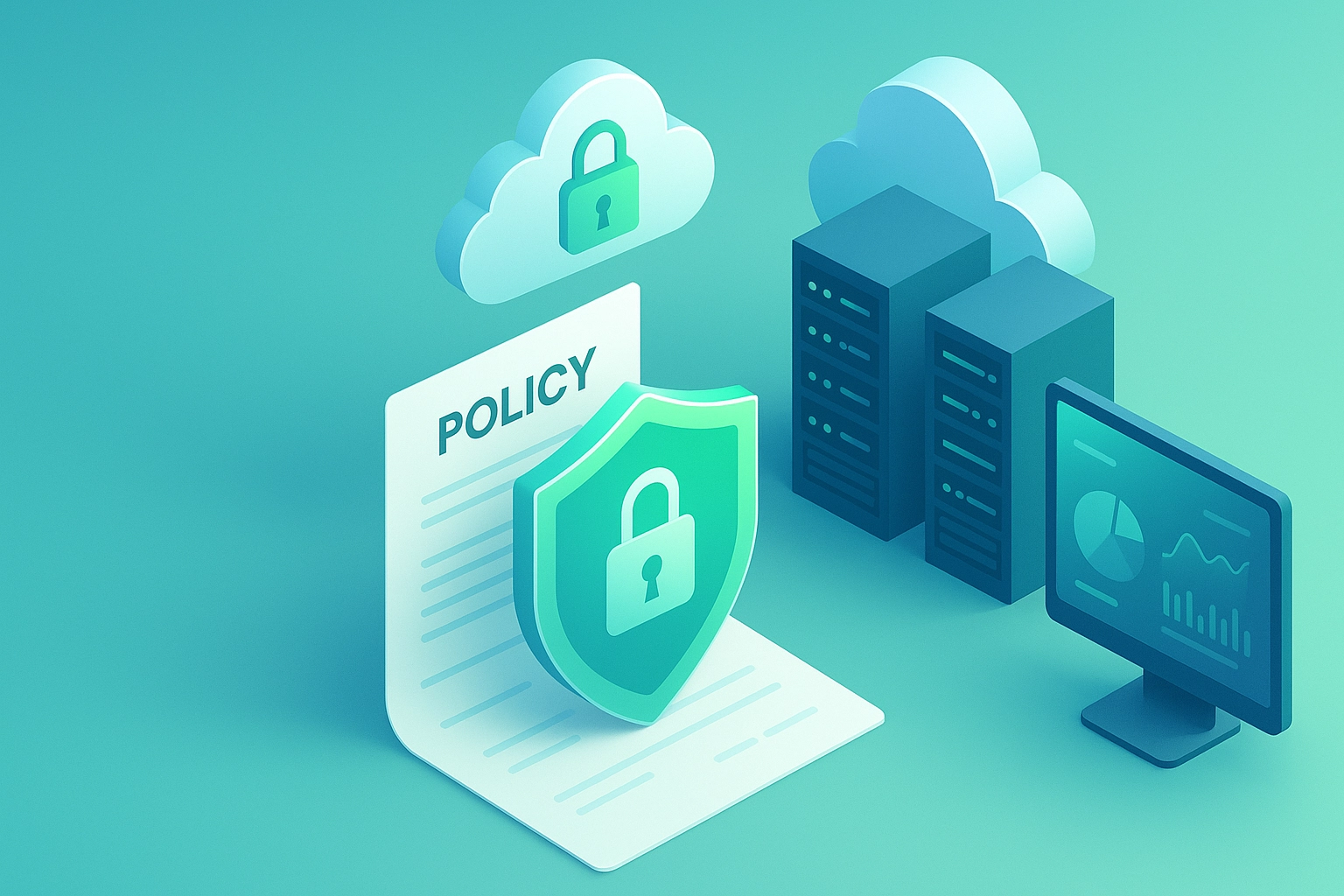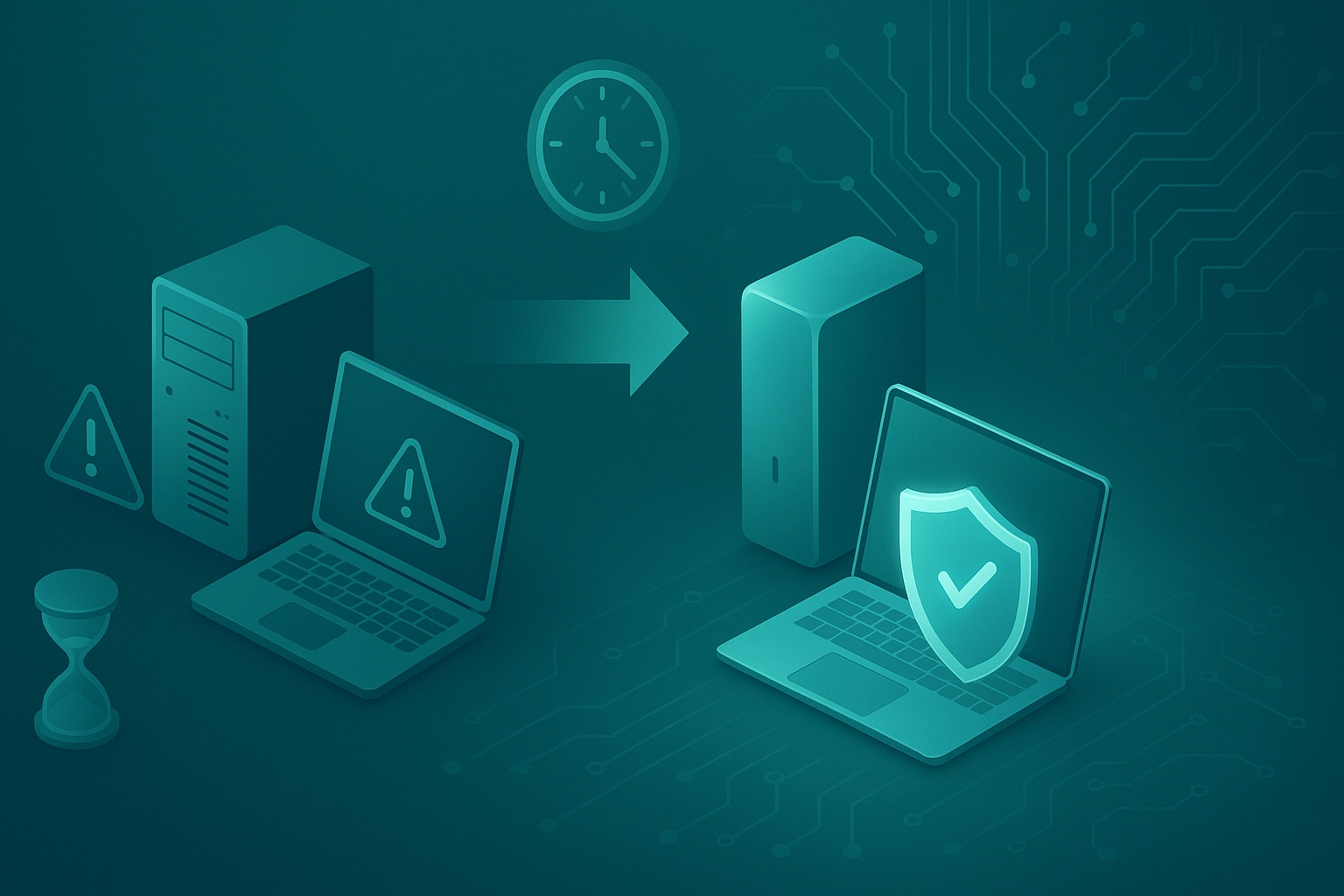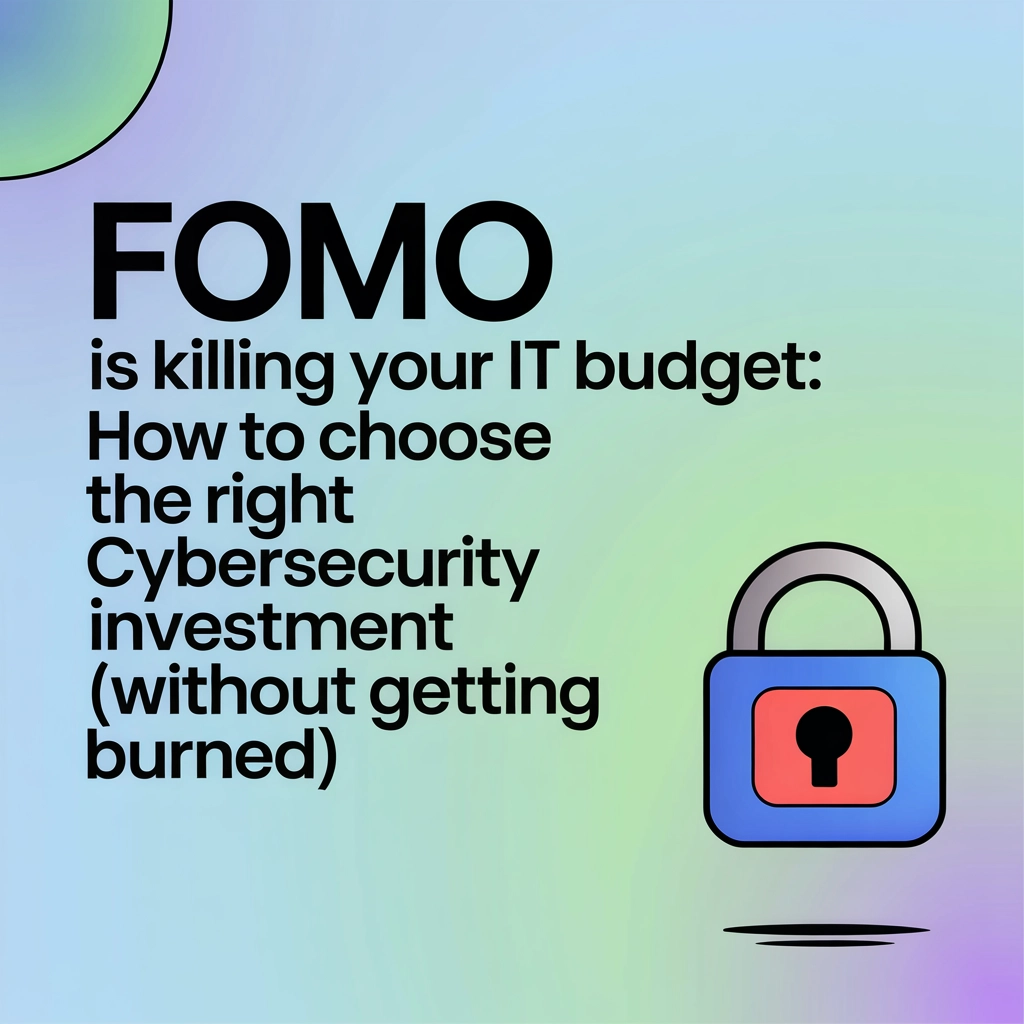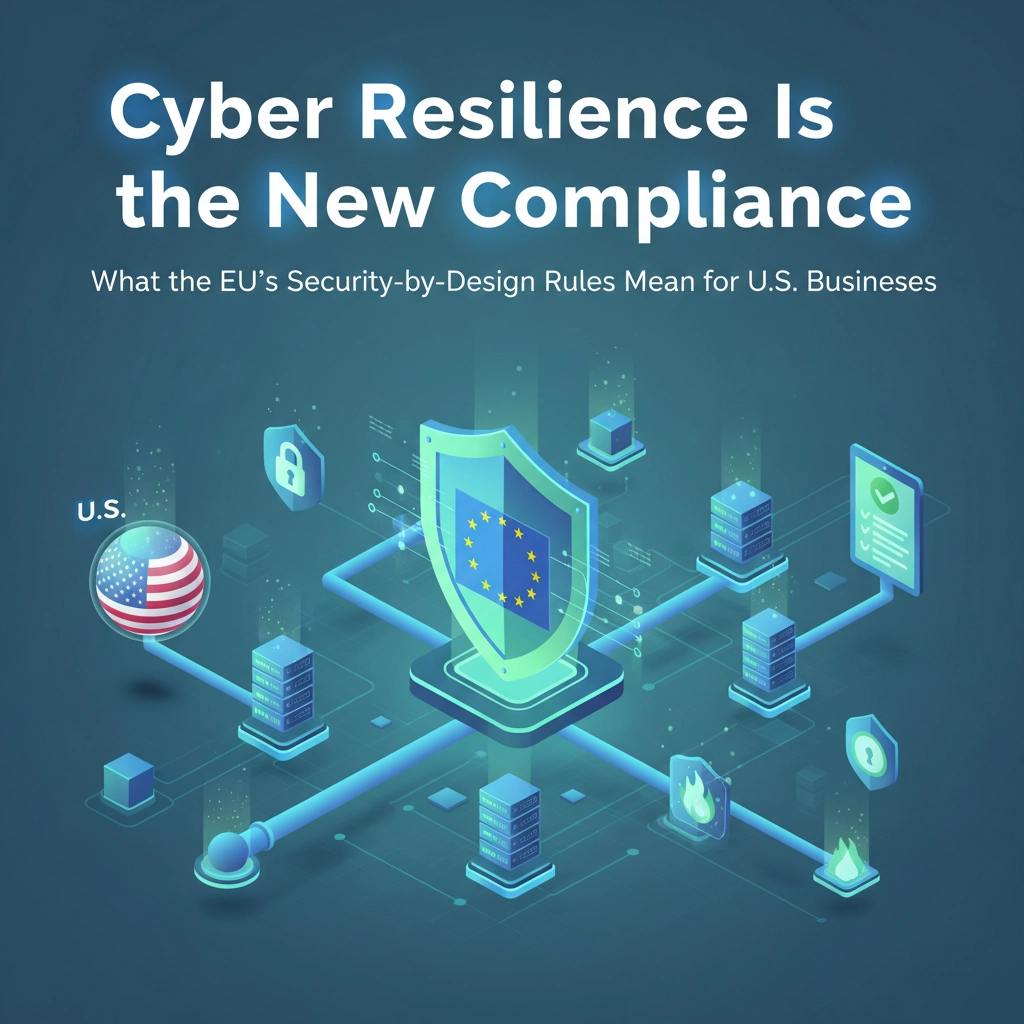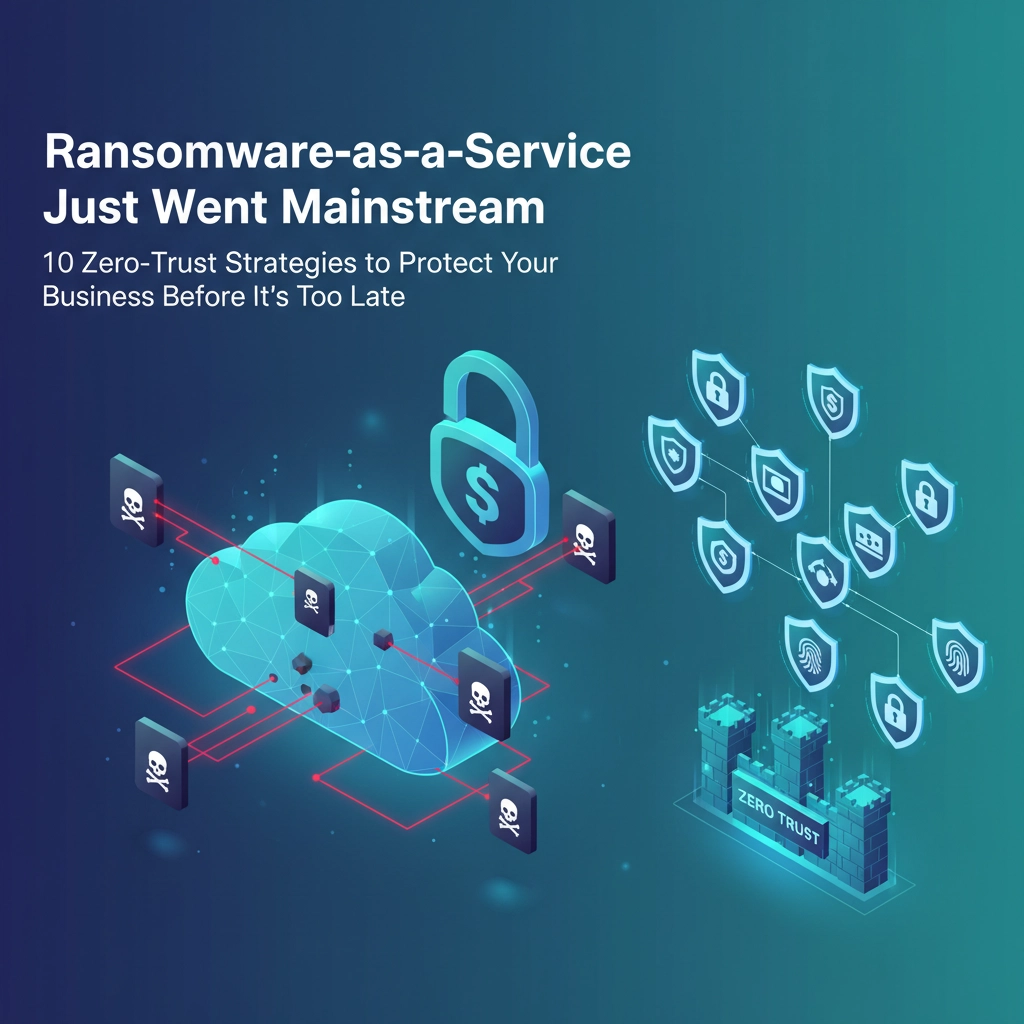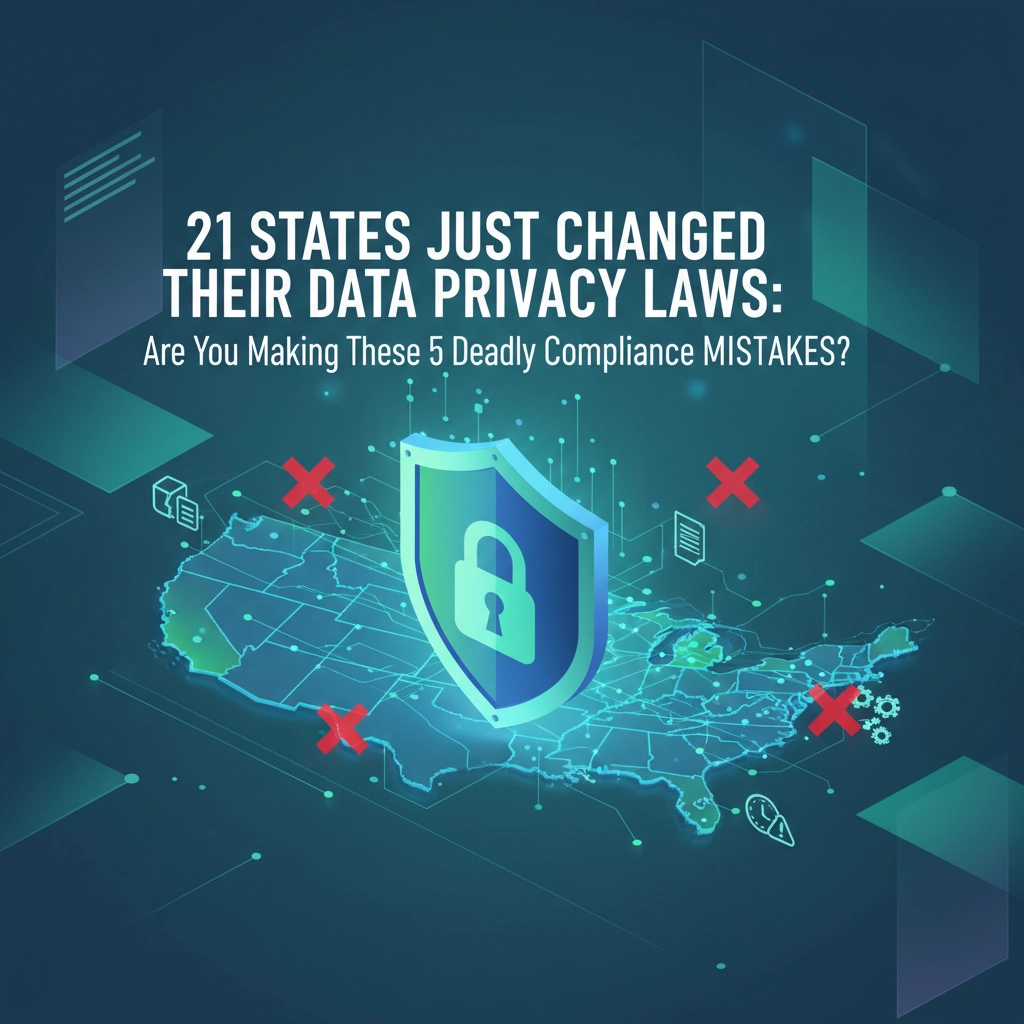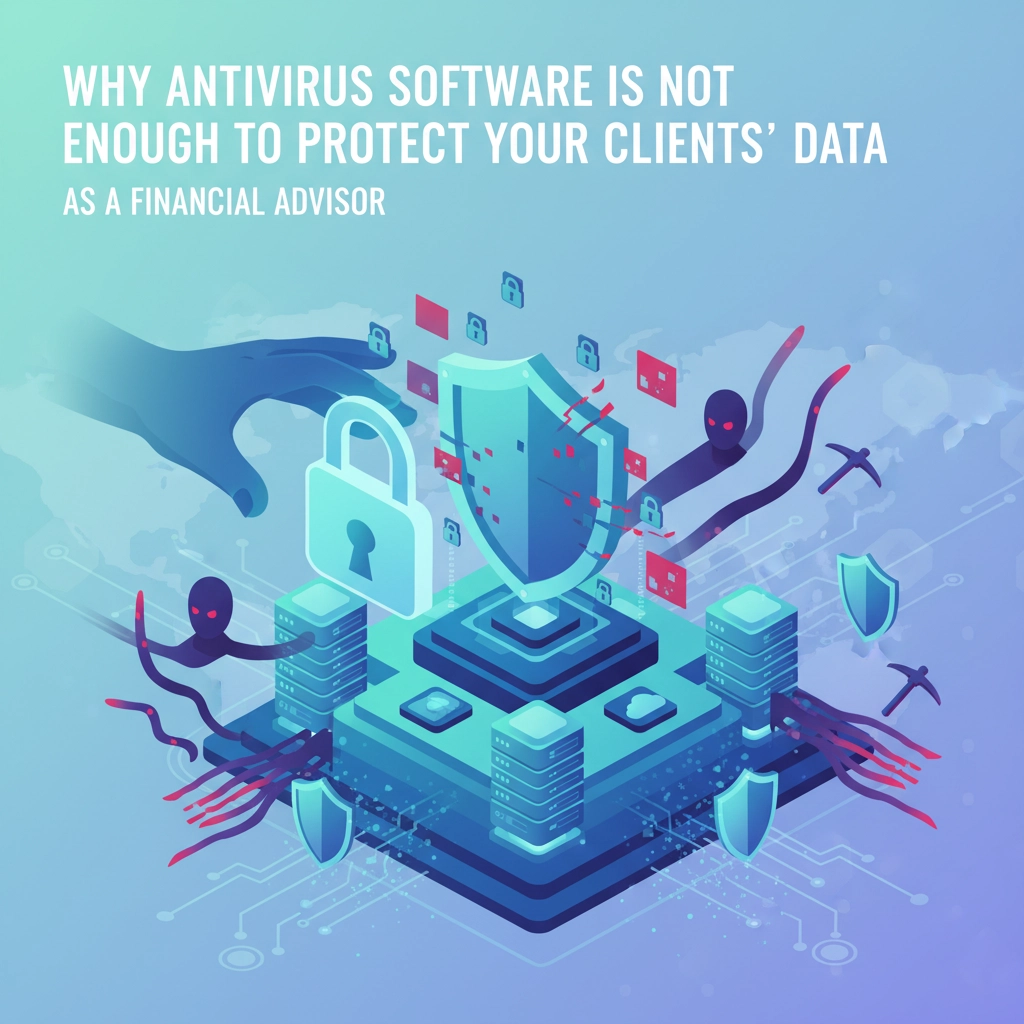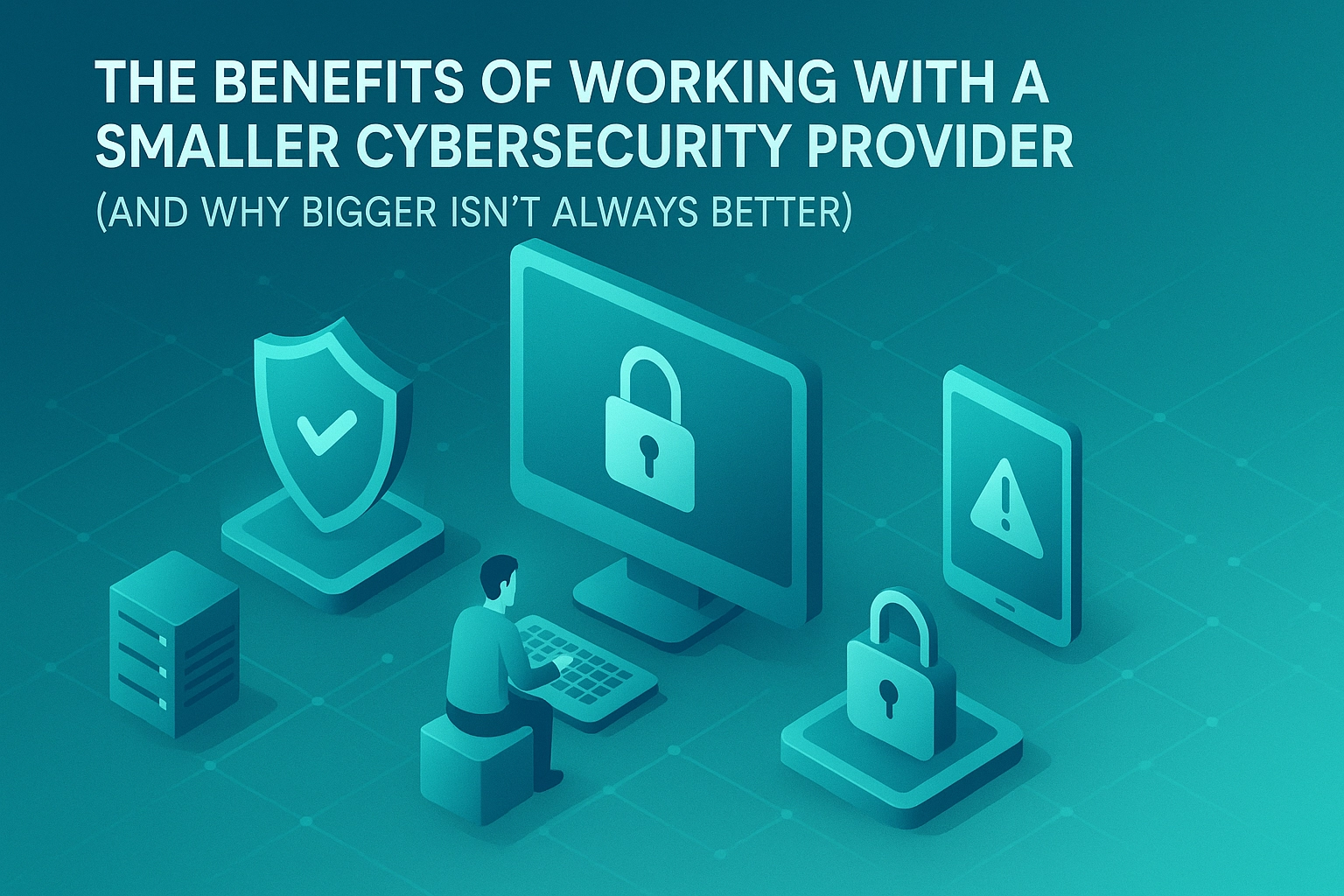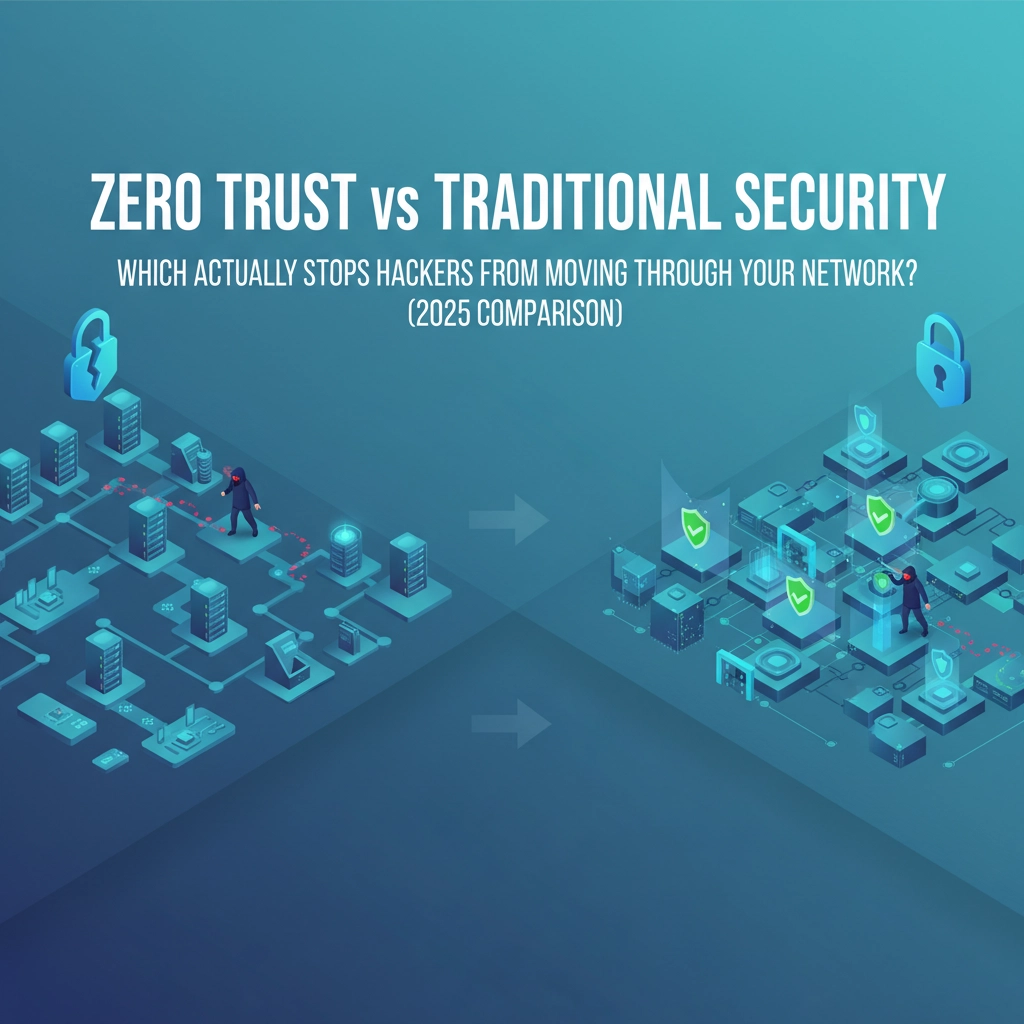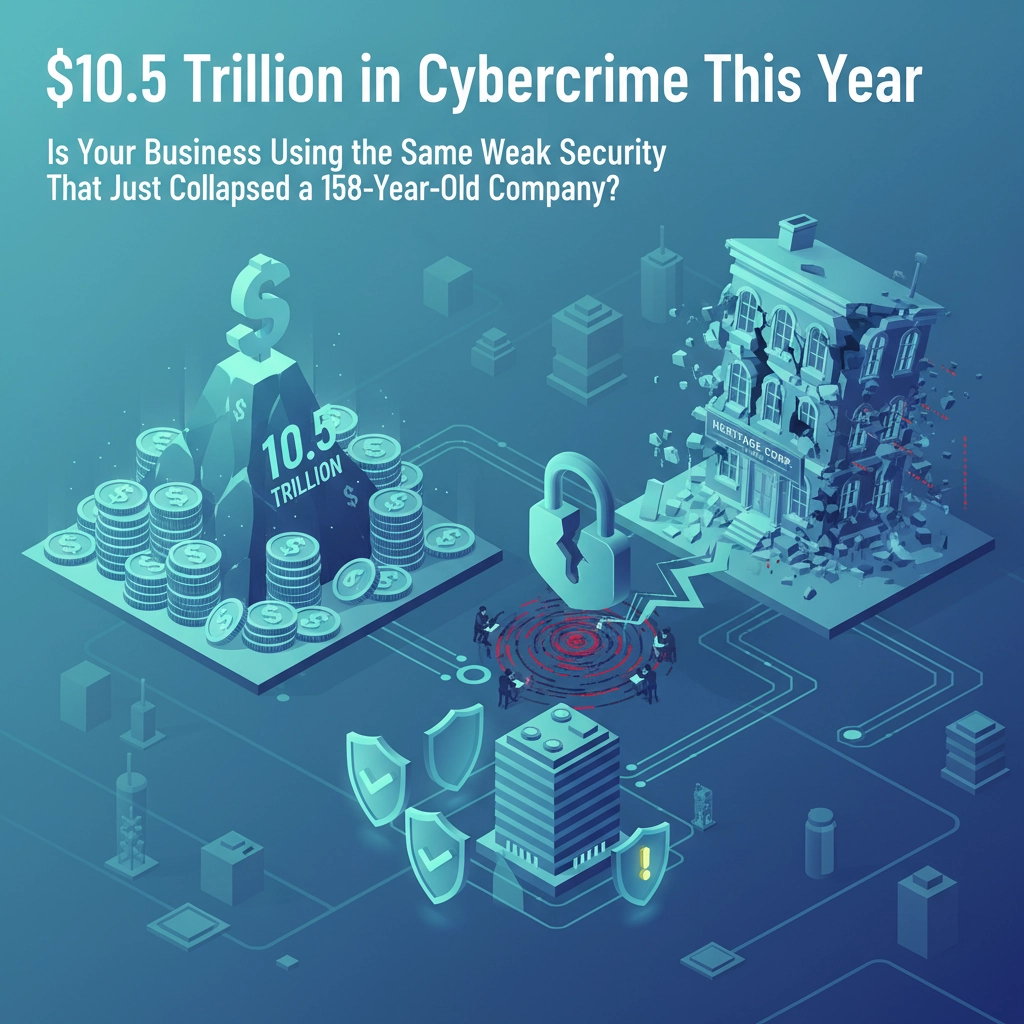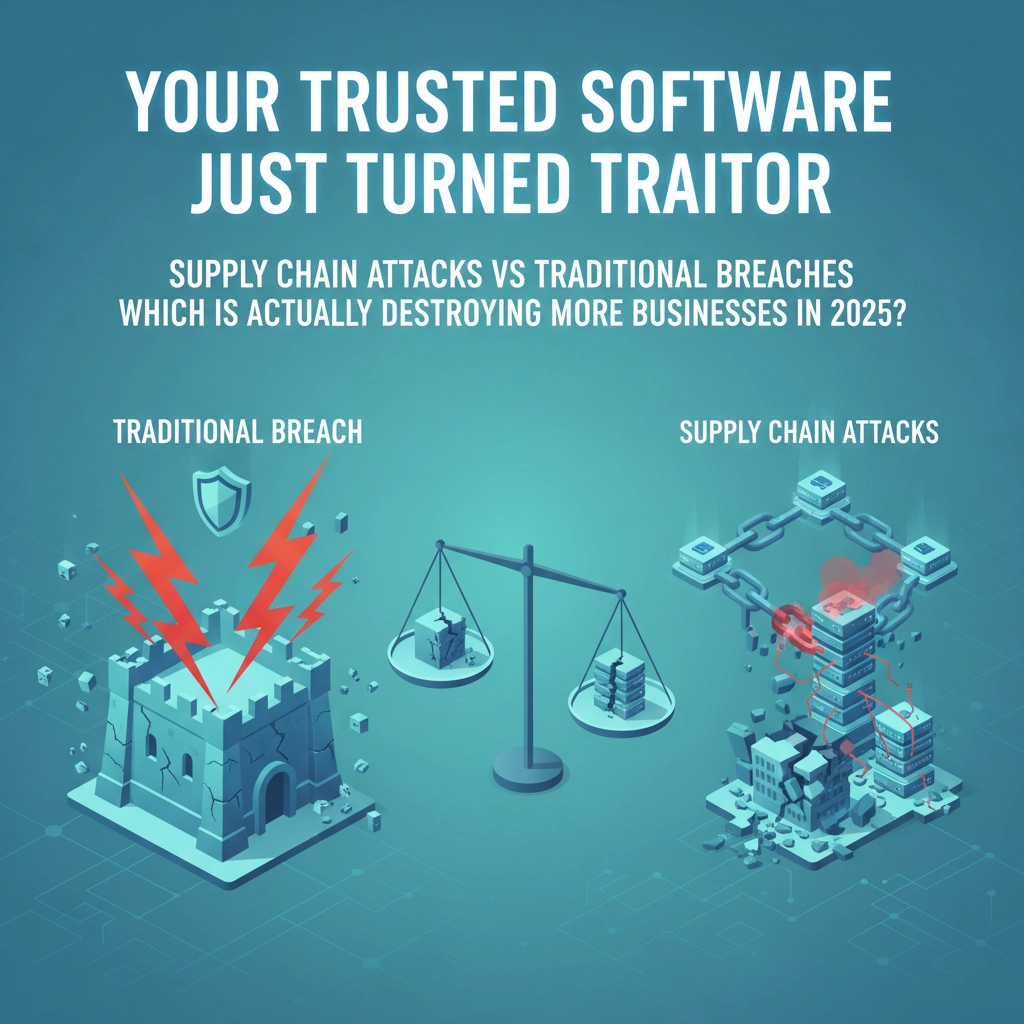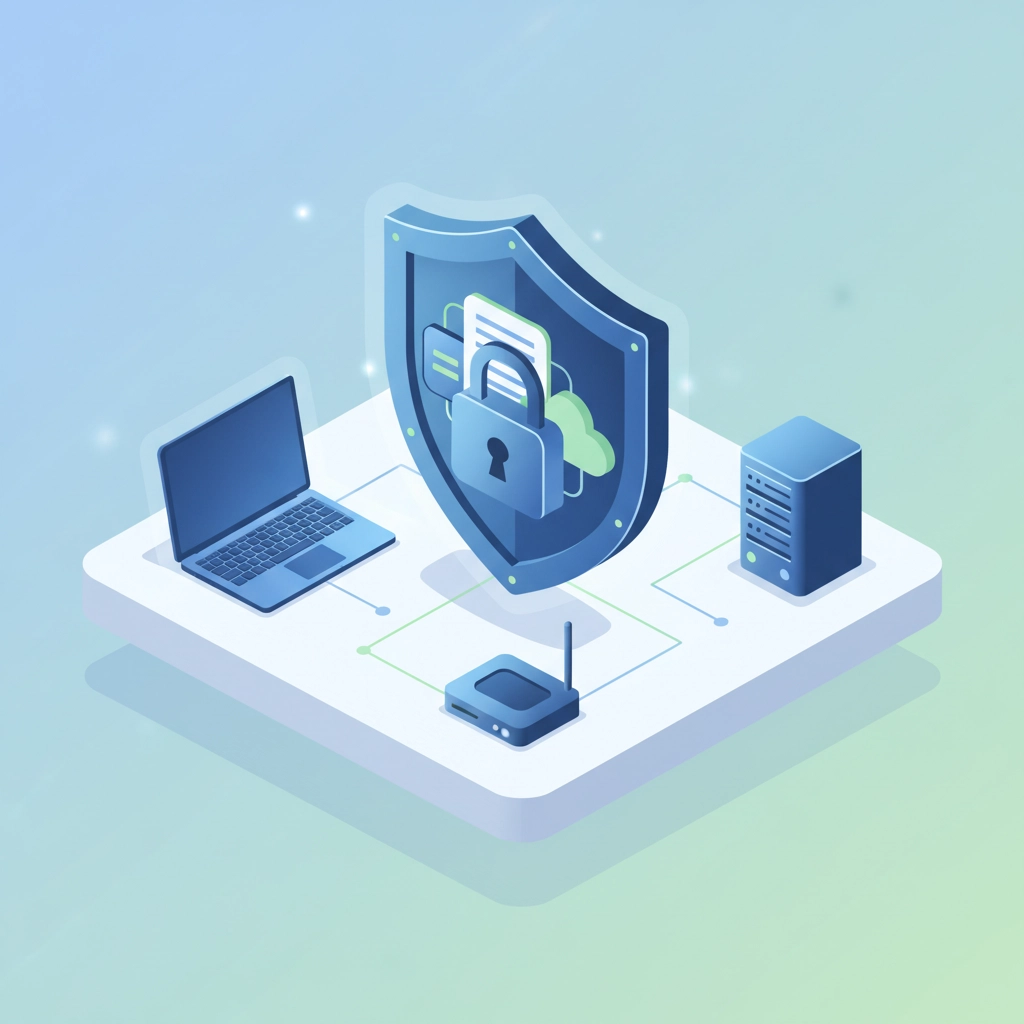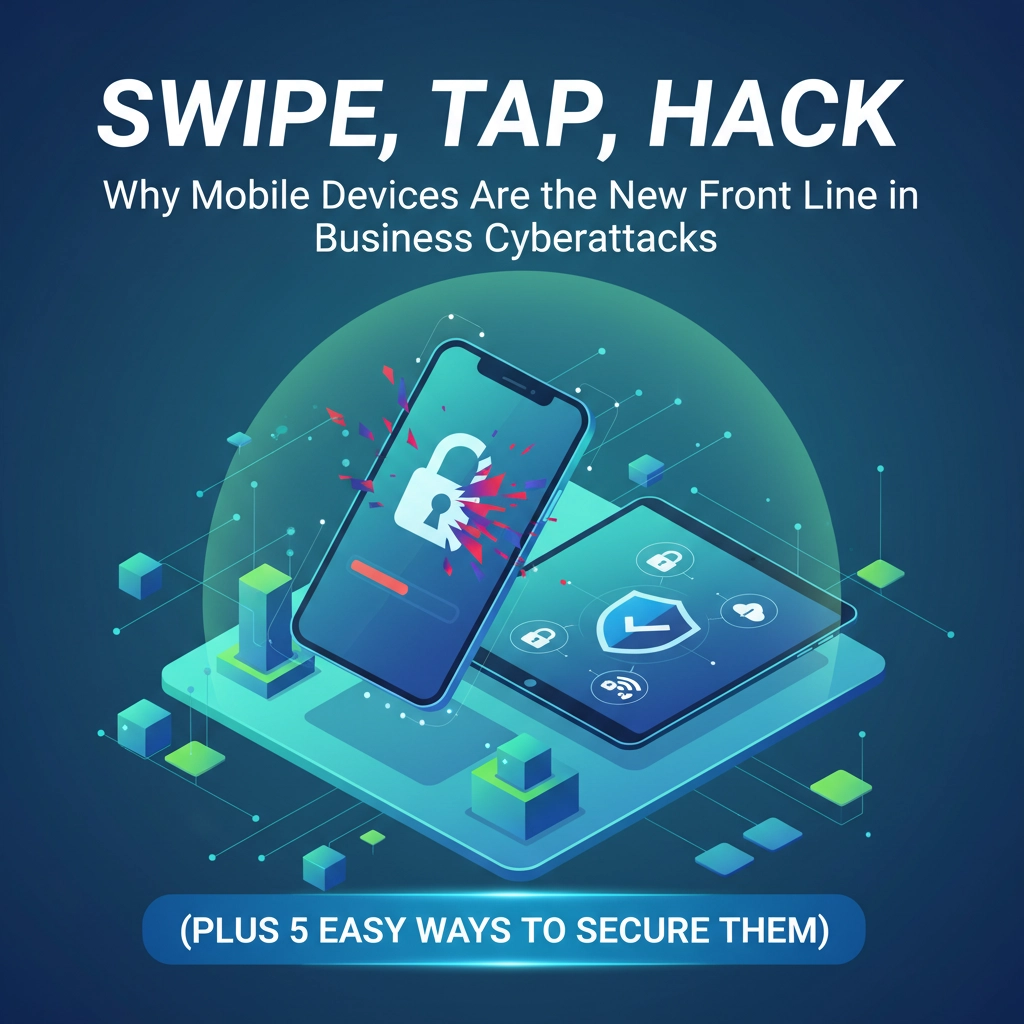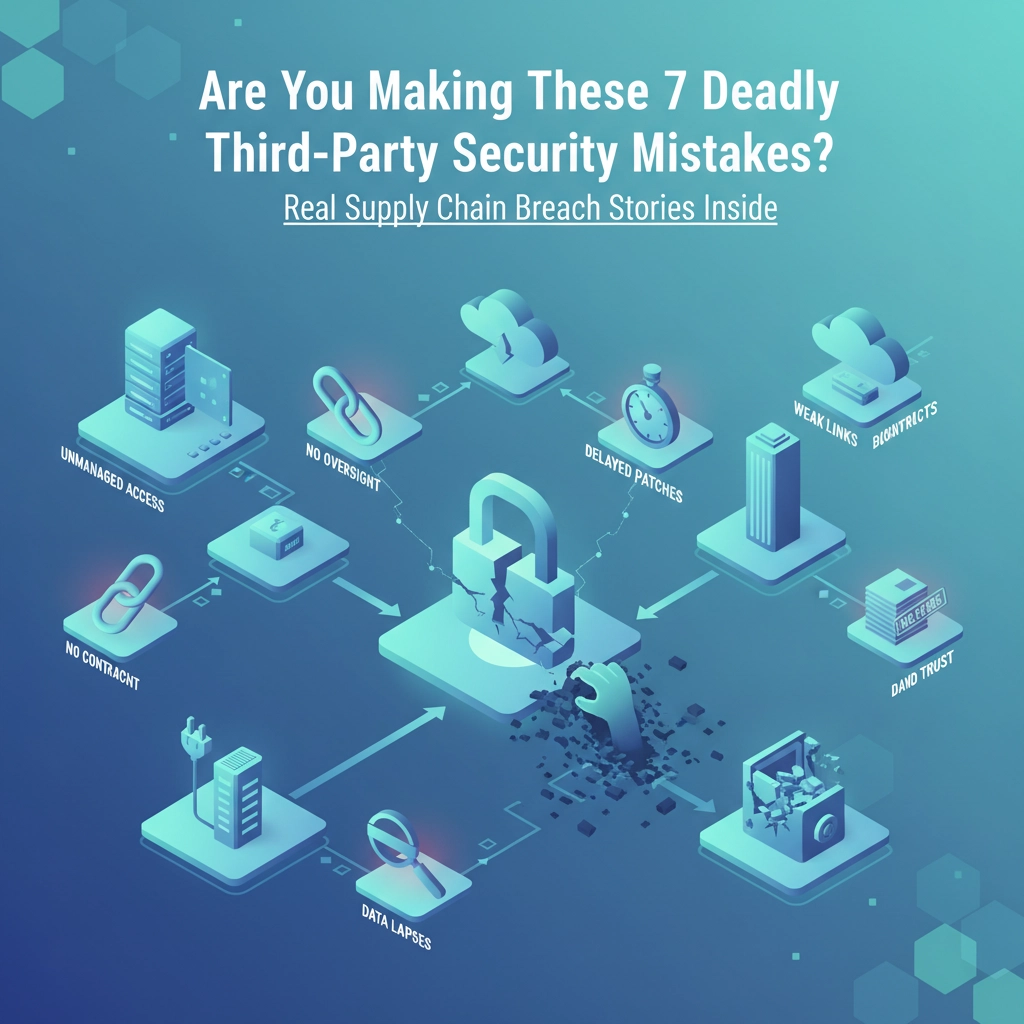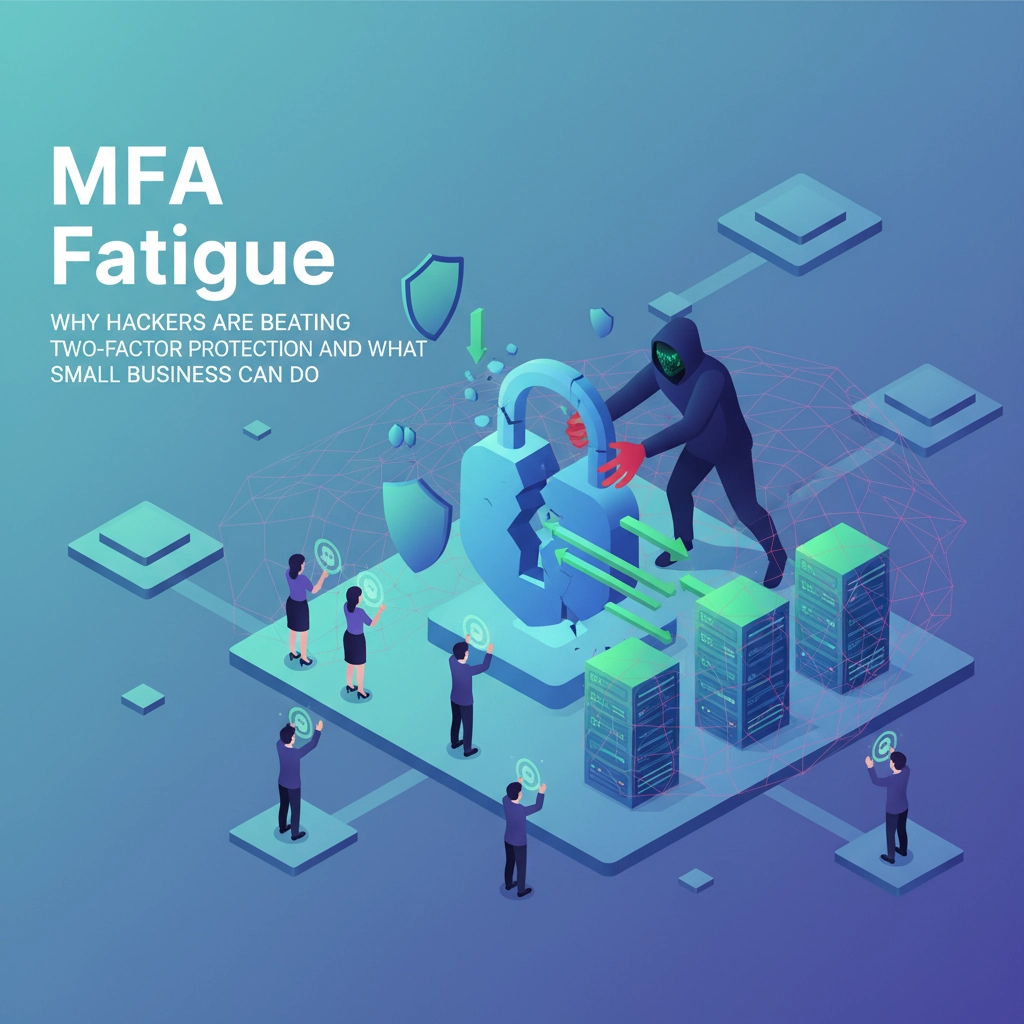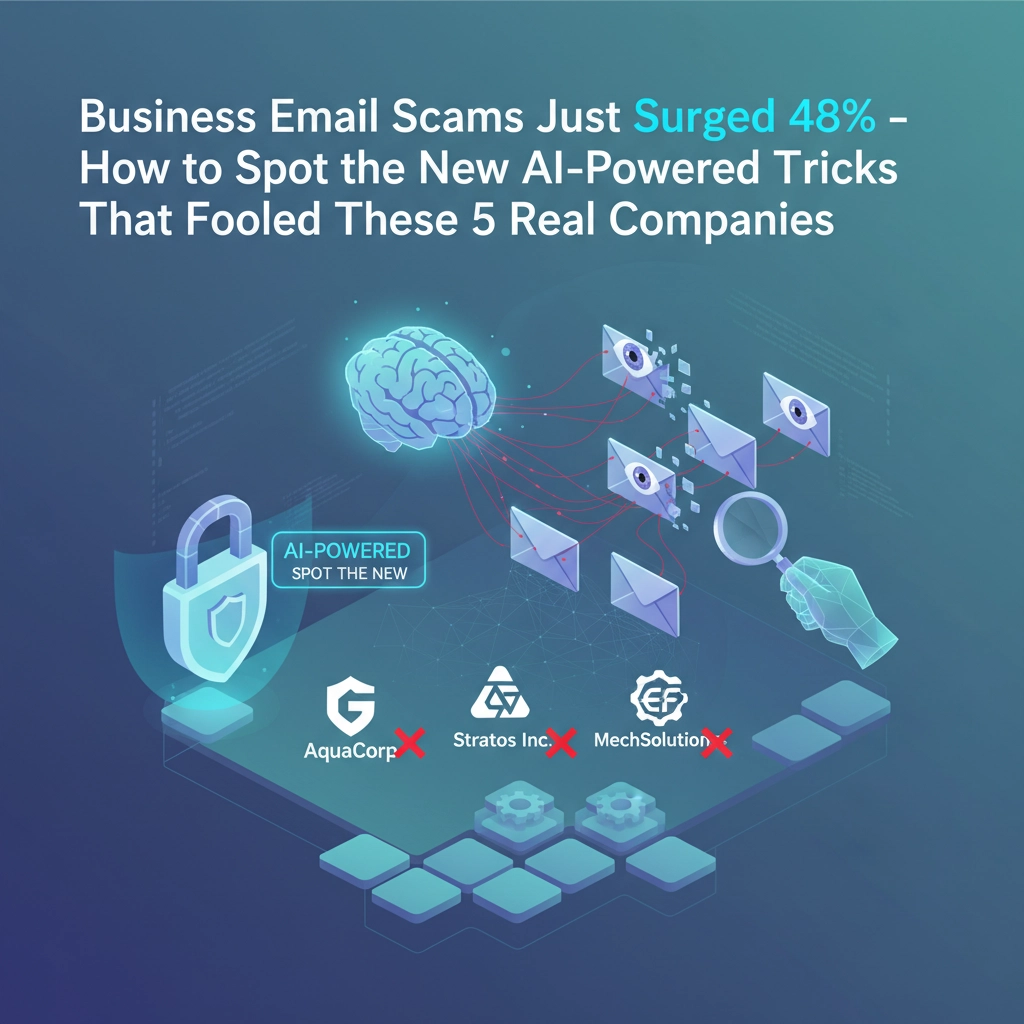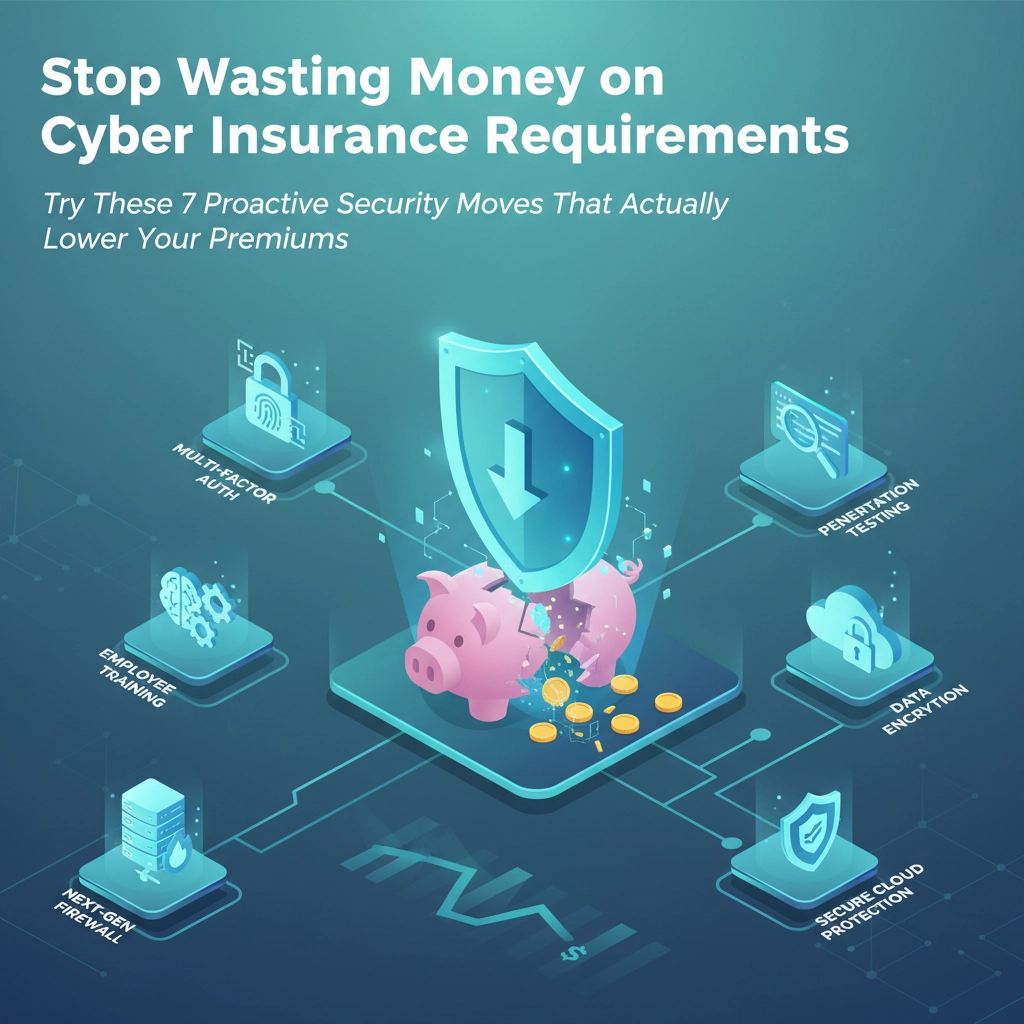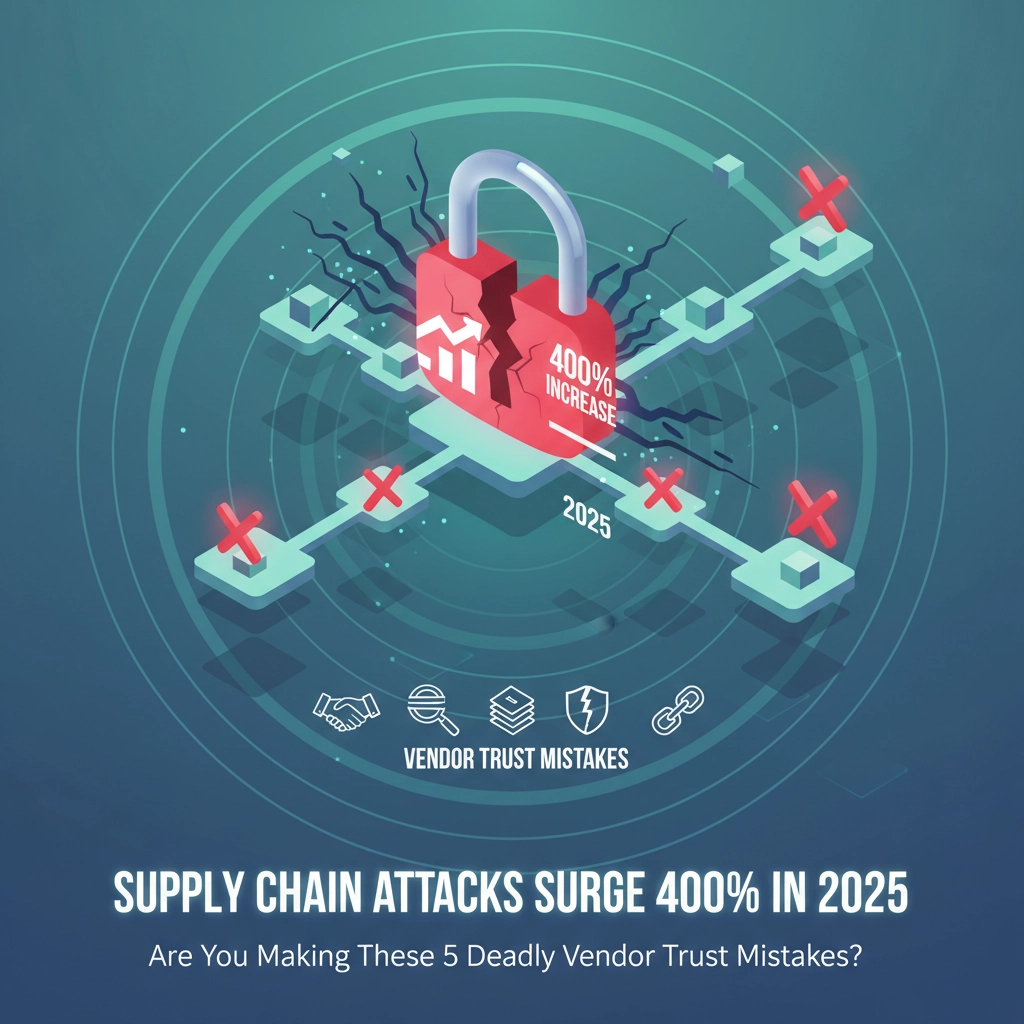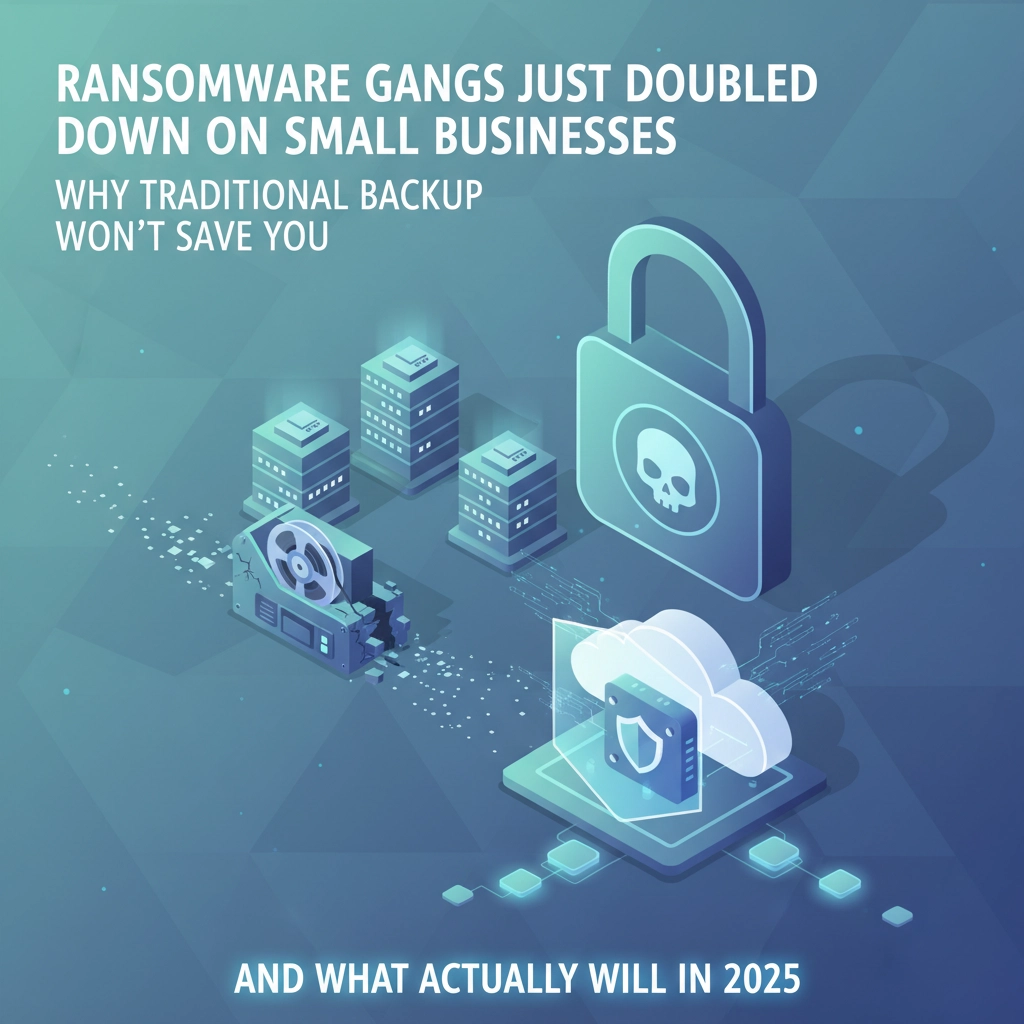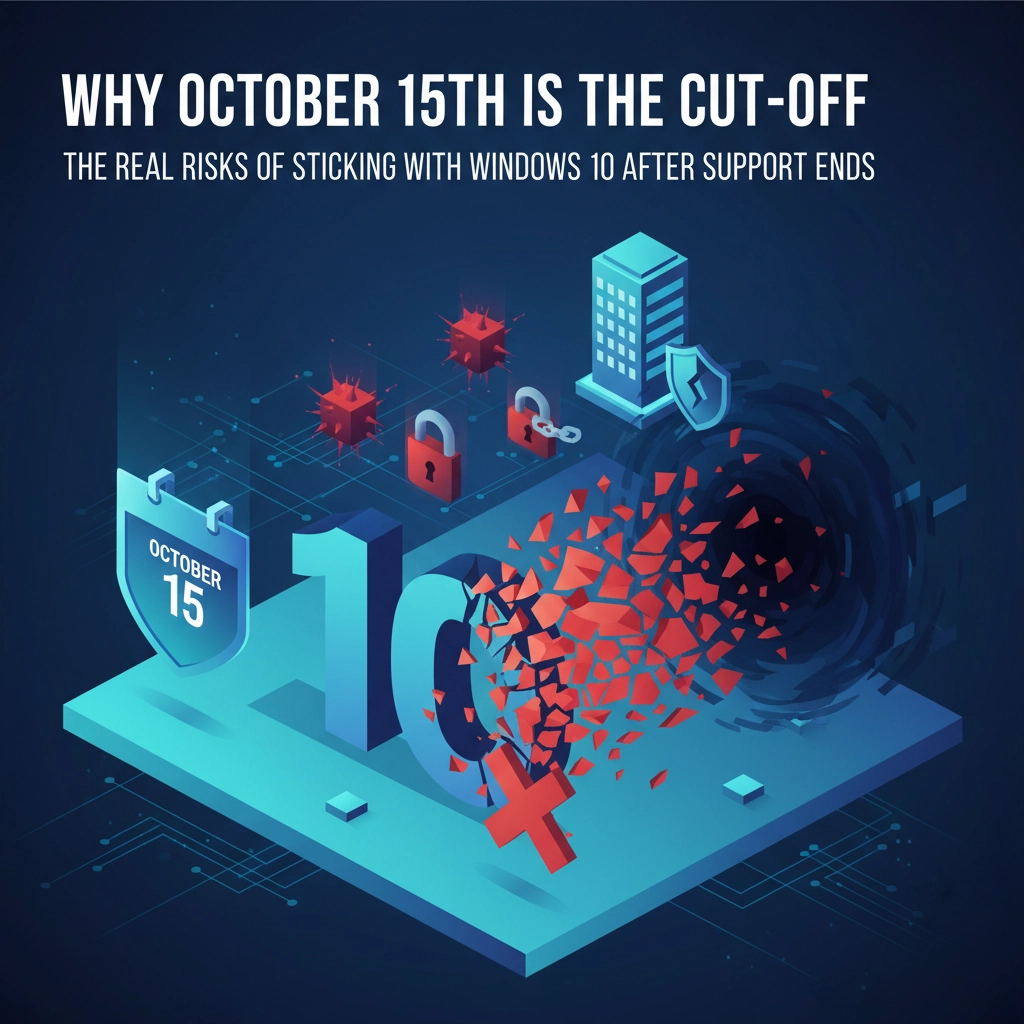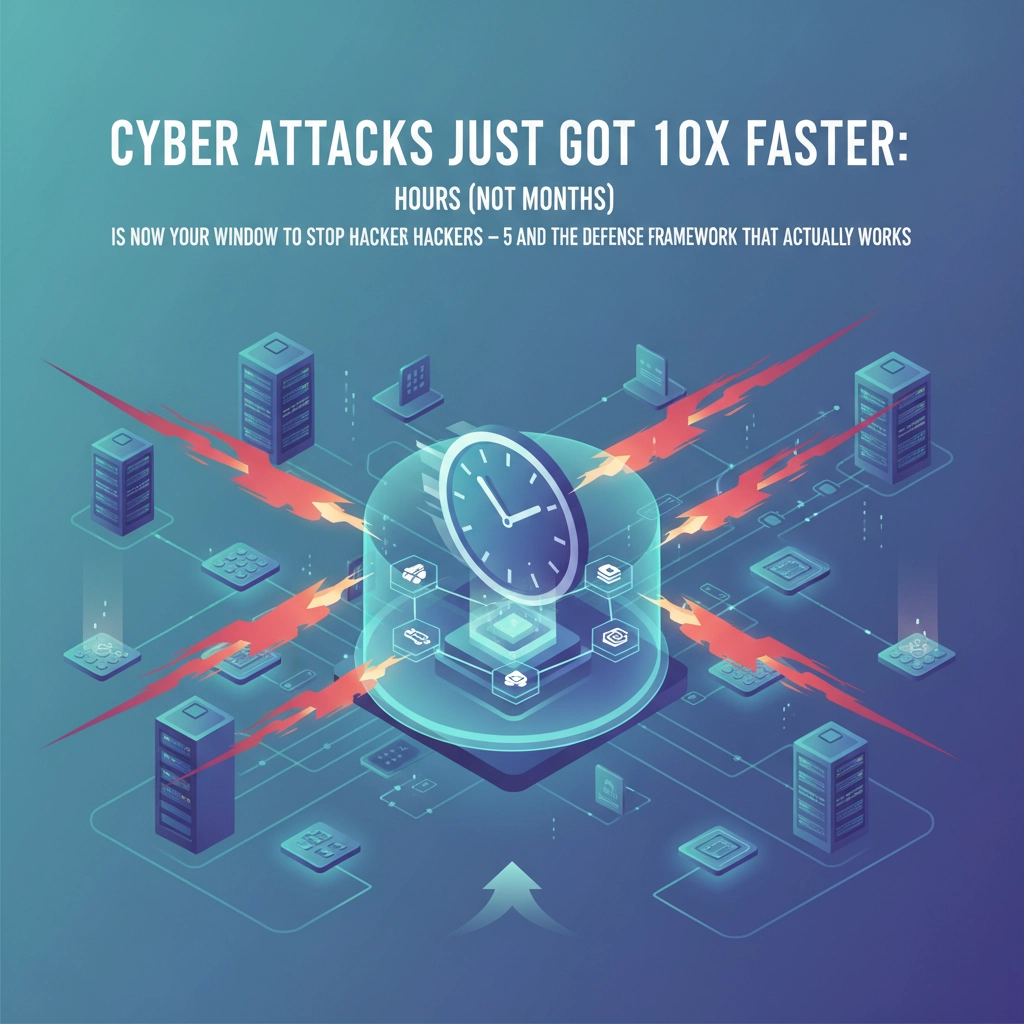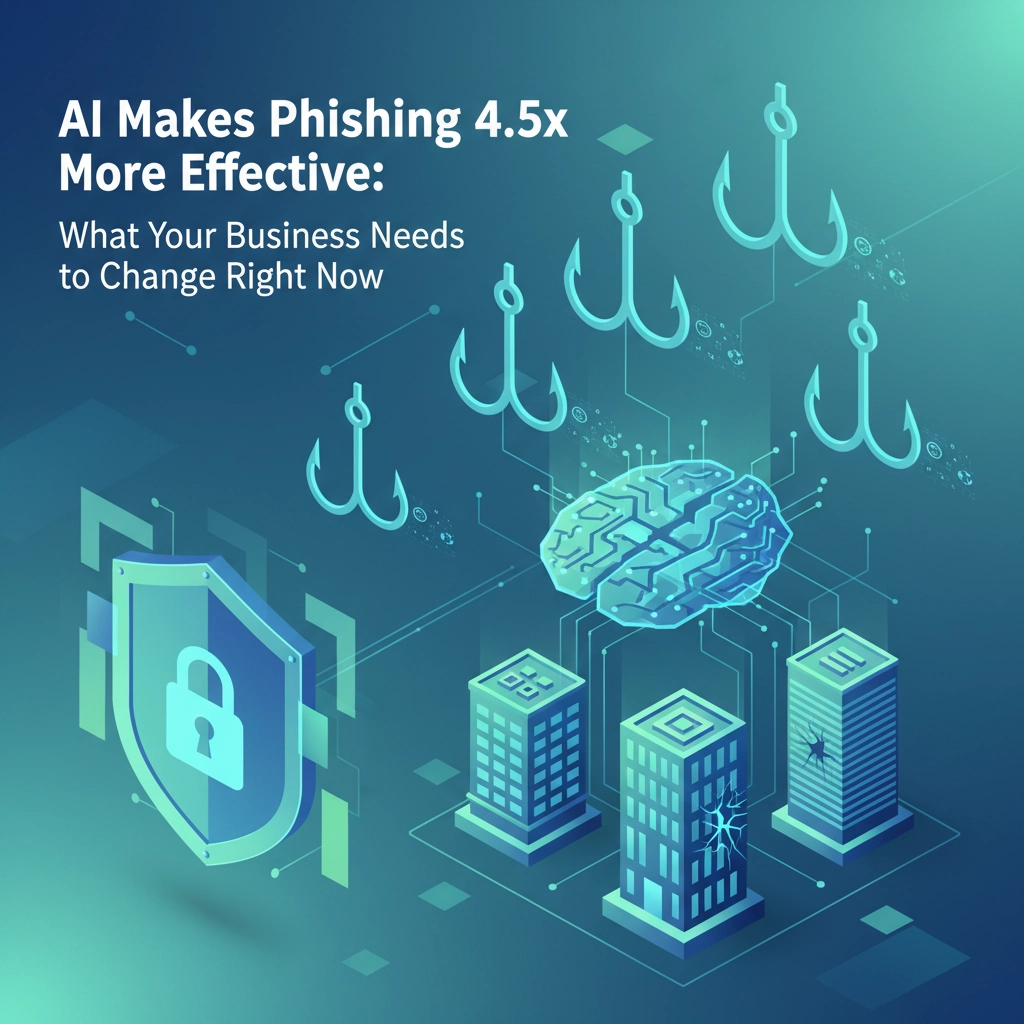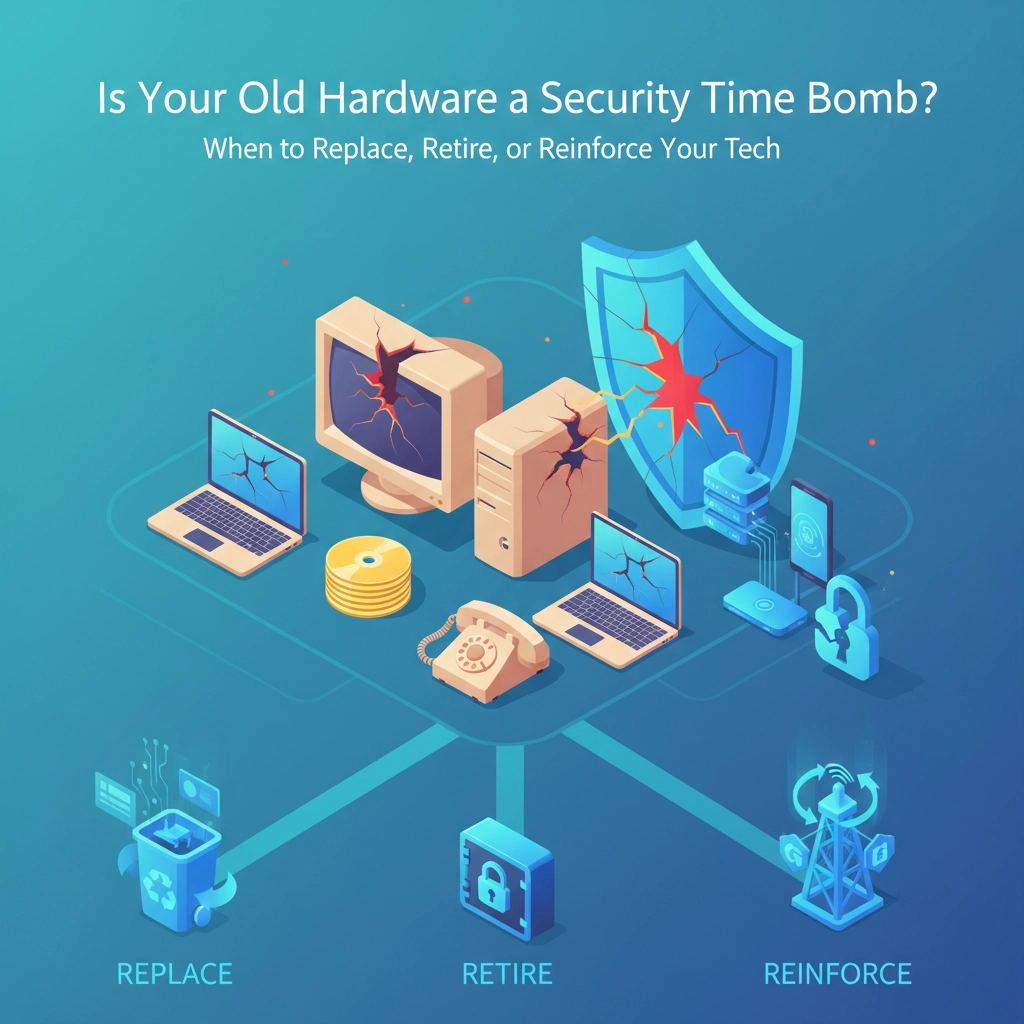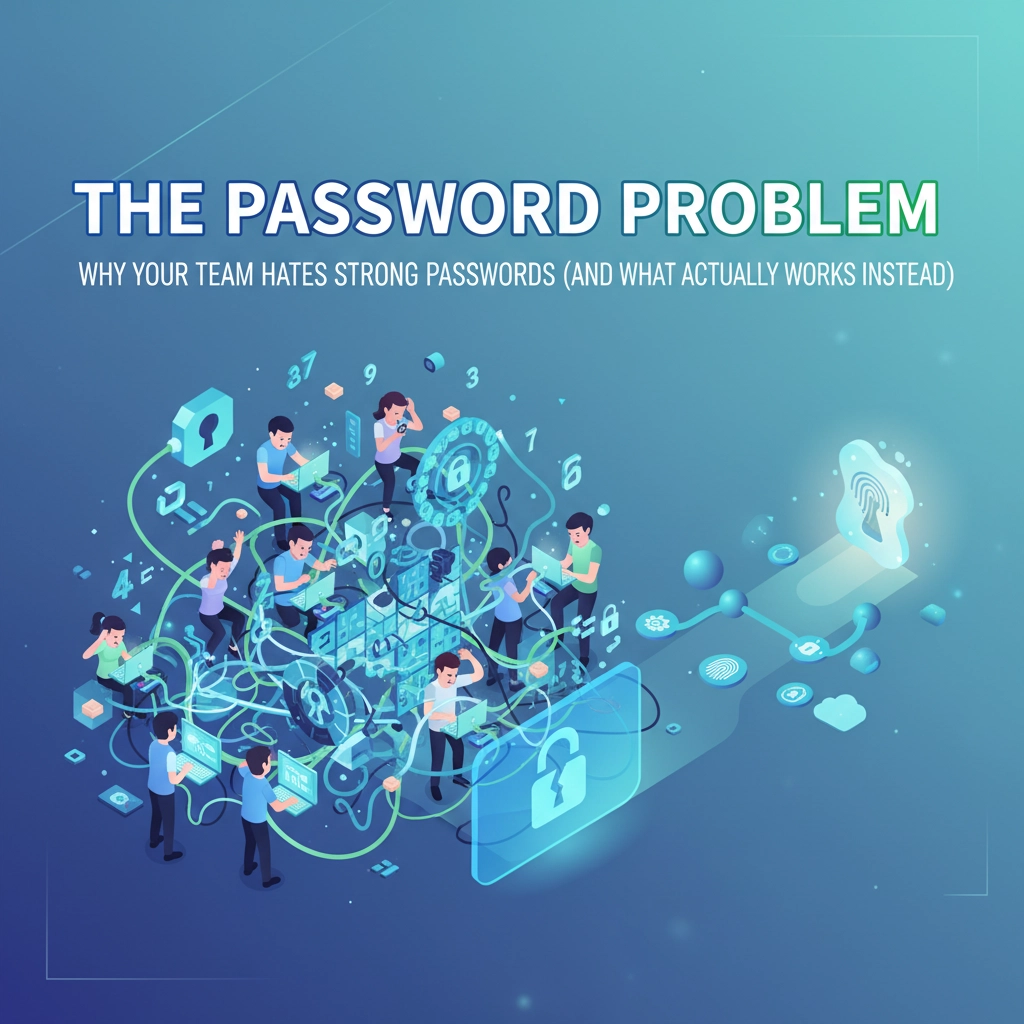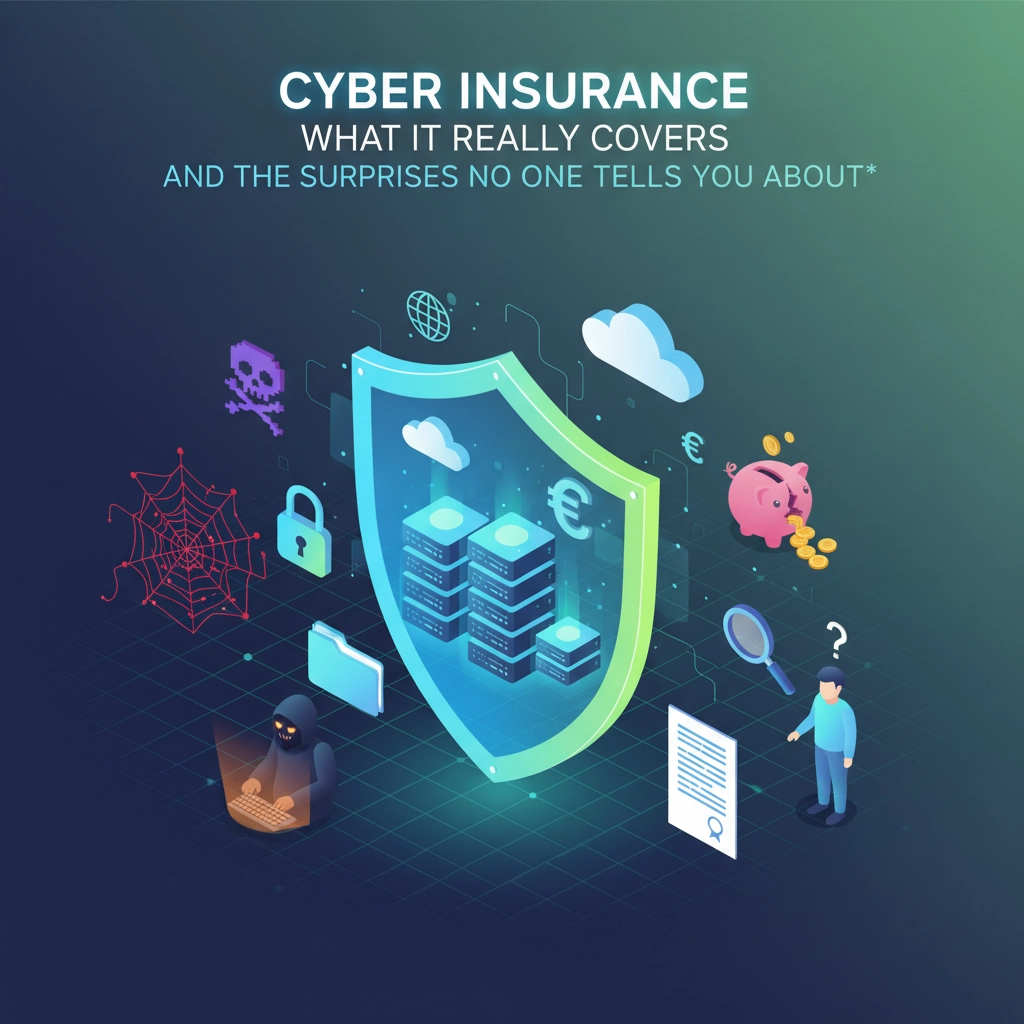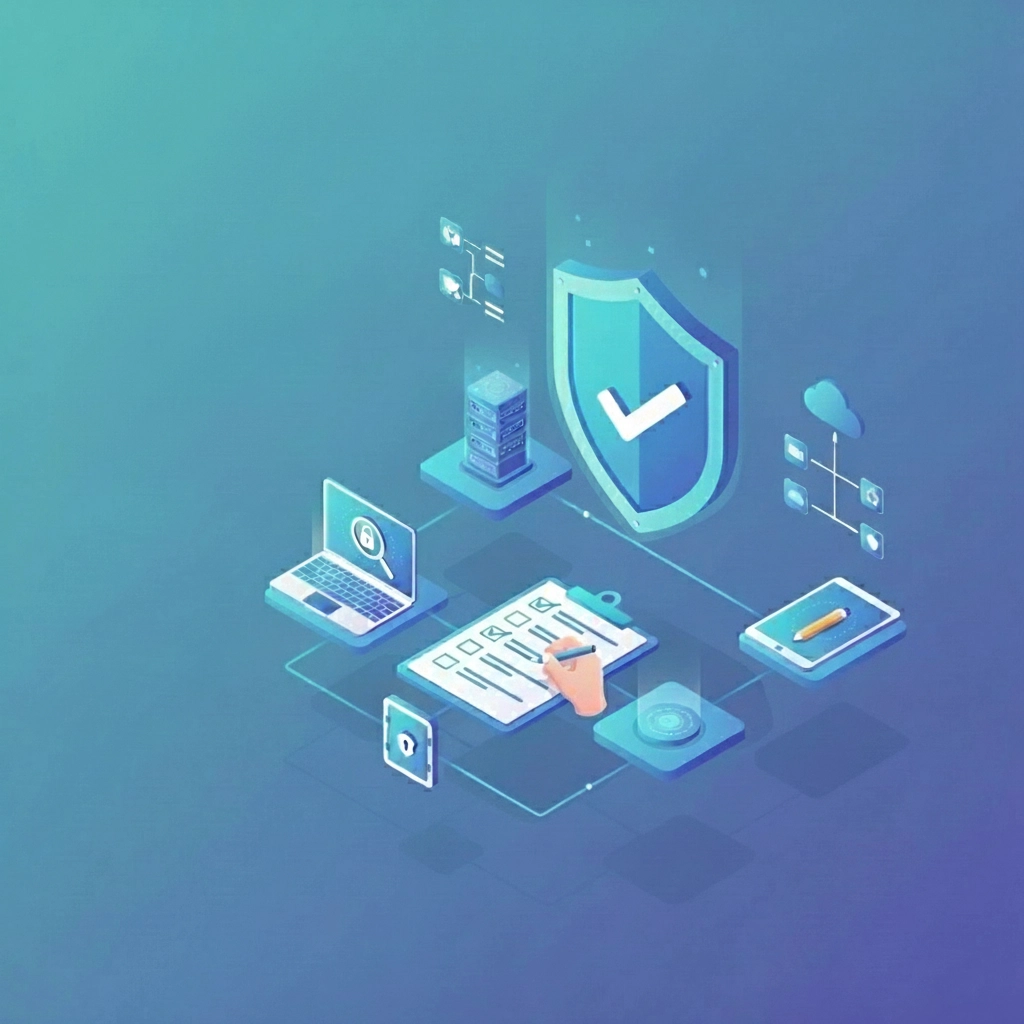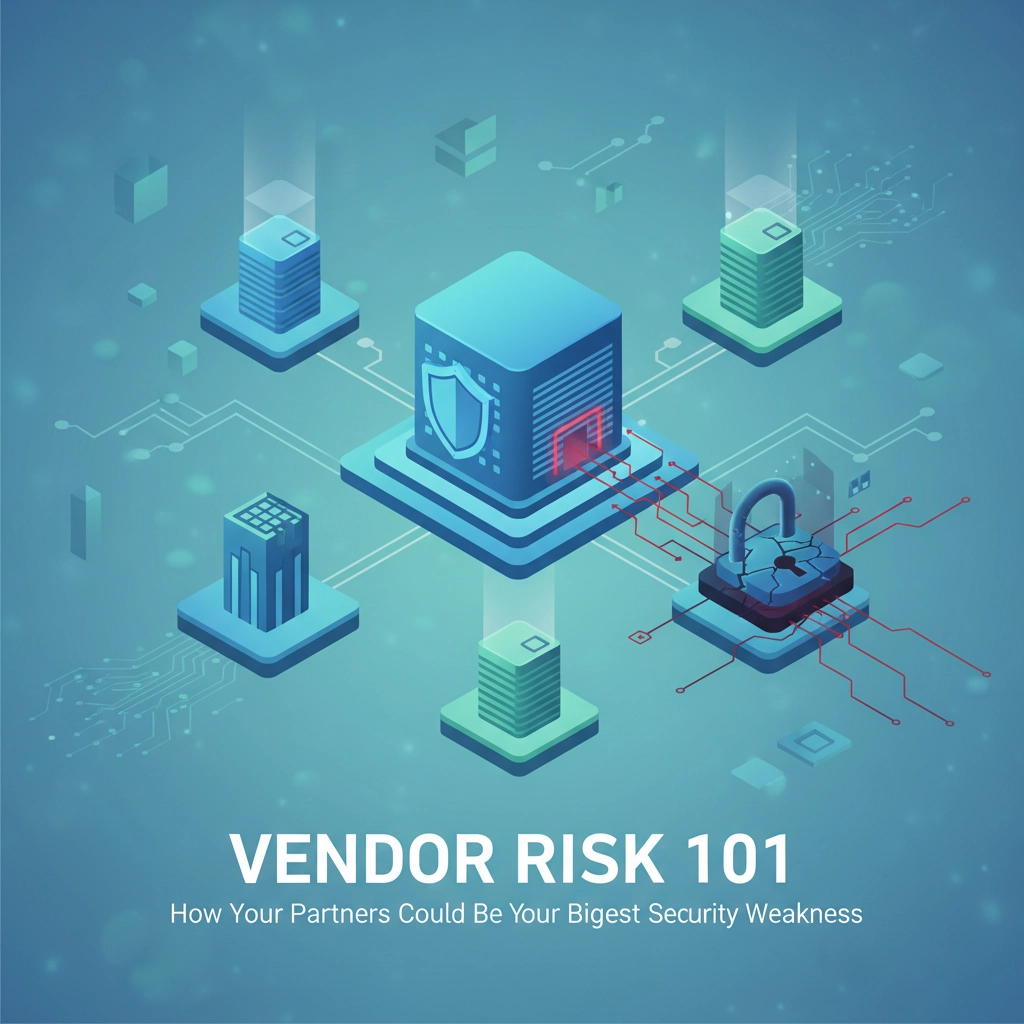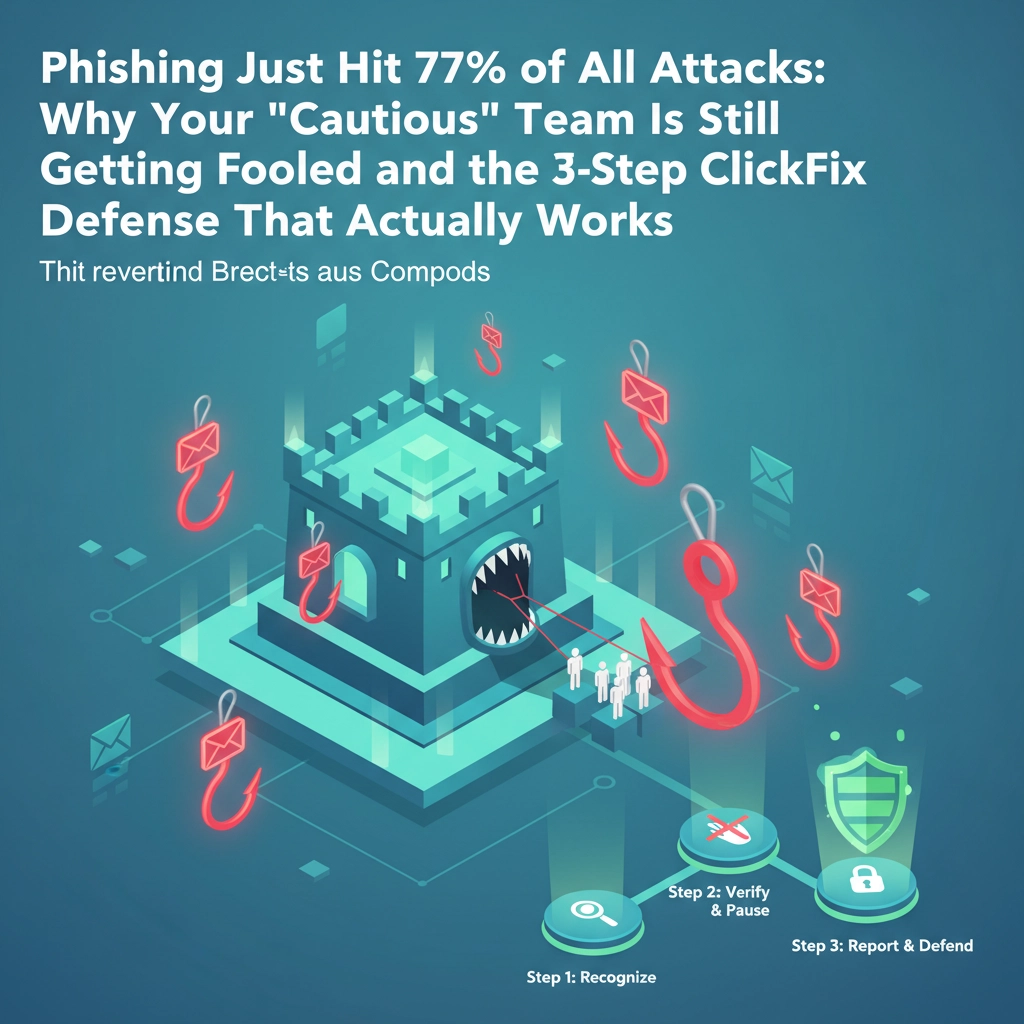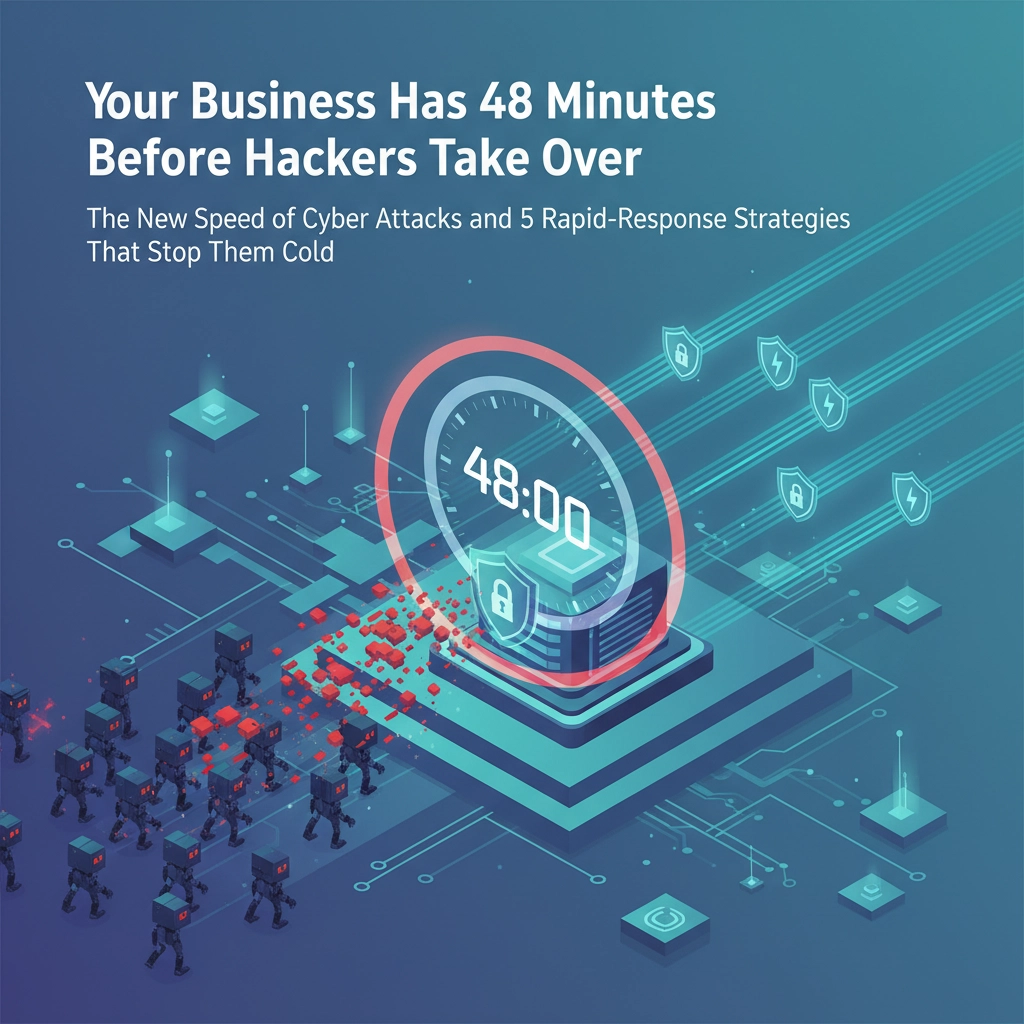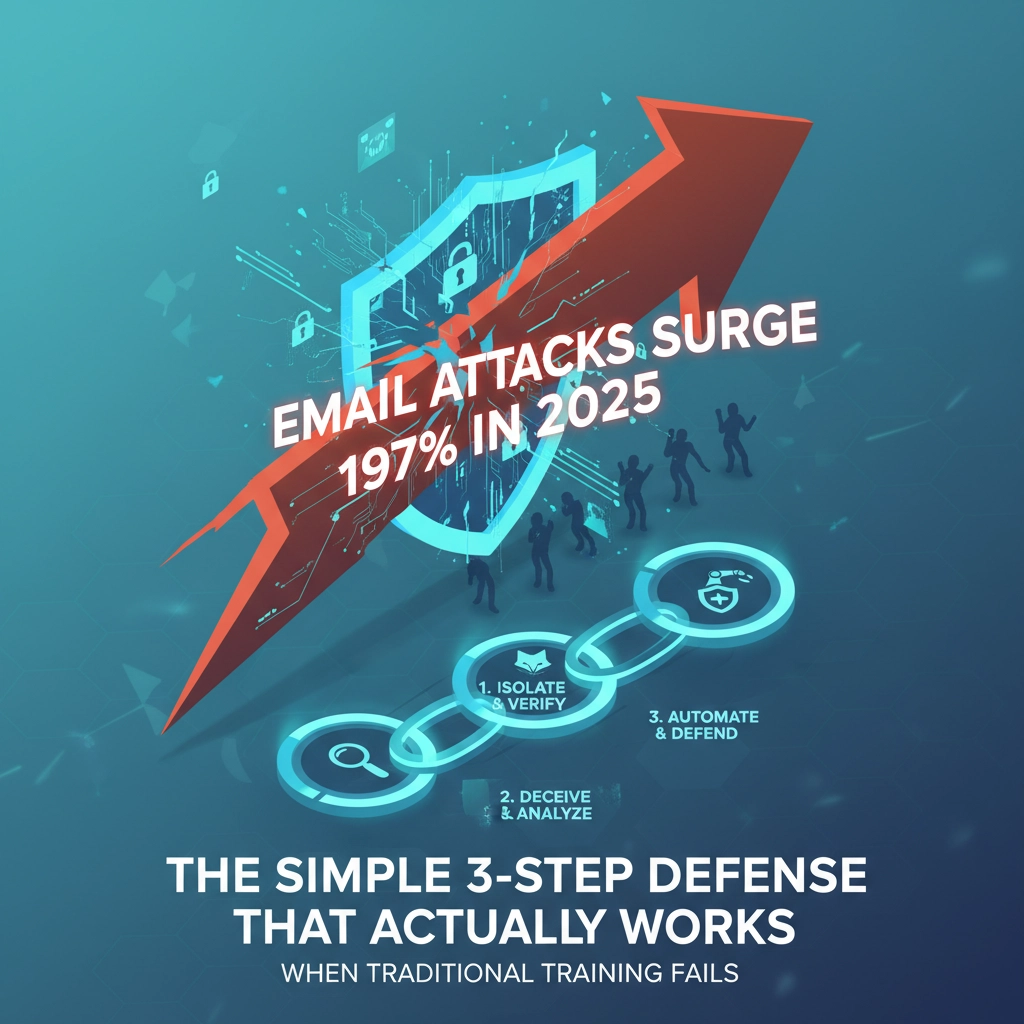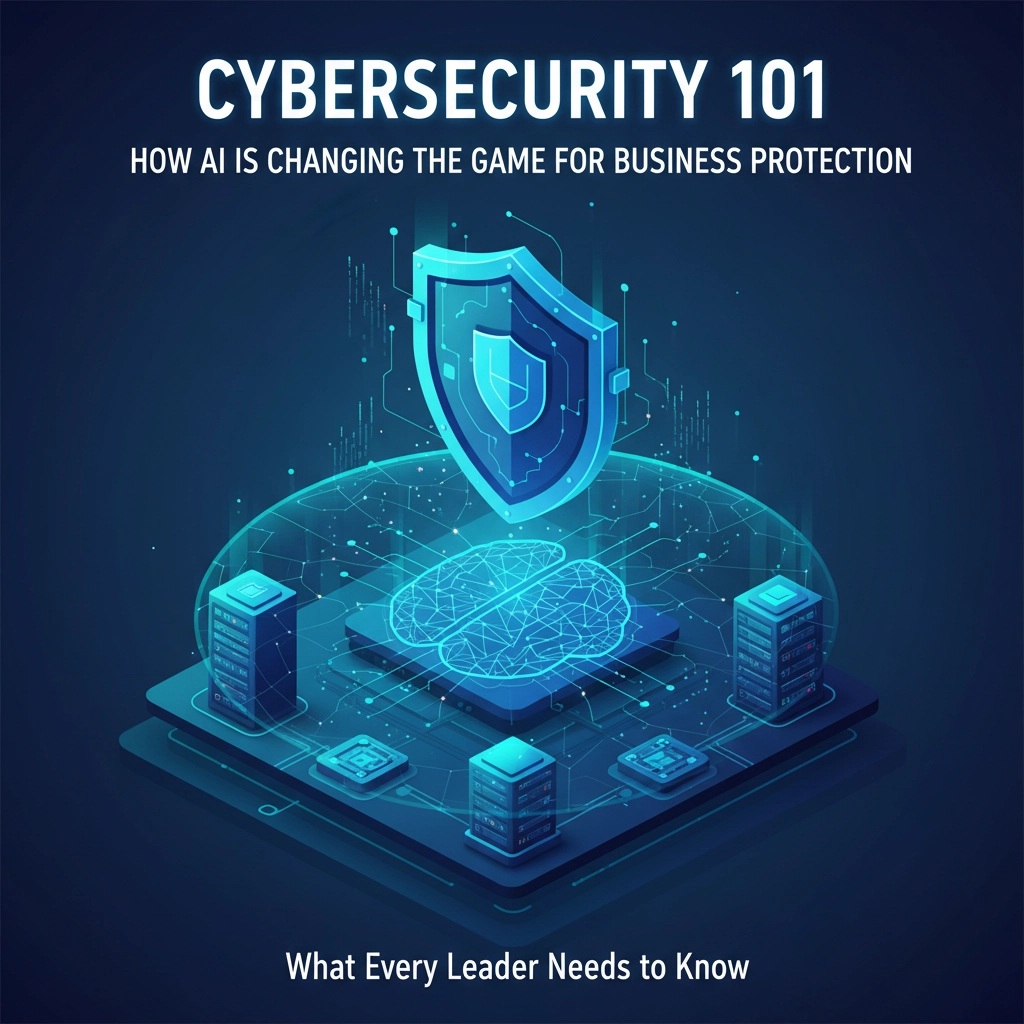Let's cut to the chase: if you're still thinking your small business is "too small" for hackers to notice, you're living in 2015. The cybercrime landscape has completely flipped, and small businesses aren't flying under the radar anymore, they're the main target.
Here's what every business owner needs to understand about why cybersecurity isn't just important in 2025, it's literally the difference between staying in business and shutting your doors forever.
Small Businesses Have Become Hackers' Favorite Playground
The numbers don't lie, and they're not pretty. Between 43-60% of all cyberattacks are now aimed directly at small and medium-sized businesses. Think about that for a second, more than half of all cyber attacks are targeting businesses just like yours.
But why? It's simple economics for criminals. Large corporations have entire cybersecurity teams, million-dollar security budgets, and enterprise-grade defenses that make them harder (and more expensive) to crack. Small businesses? Most don't have dedicated IT staff, many skip software updates, and plenty are still using "password123" for their admin accounts.
Hackers aren't sitting around picking on you personally. They've automated the whole process, they run scans across the internet looking for vulnerabilities, and they hit whoever's unprotected. It's like burglars walking down a street checking for unlocked doors. If yours is unlocked, you're getting robbed.

The scary part? These automated attacks are getting more sophisticated every year. What used to require technical expertise is now available as "ransomware-as-a-service", basically, cybercrime franchises that anyone can buy into.
One Bad Day Can Destroy Decades of Work
Here's where the rubber meets the road: the average small business breach costs between $120,000 and $200,000+. But that's just the beginning.
When you factor in lost revenue from downtime, legal costs, regulatory fines, and the nightmare of trying to rebuild customer trust, many businesses never recover. The National Cyber Security Alliance found that 60% of small businesses shut down within six months of a major cyber incident.
Let that sink in. Six months. That's not enough time to rebuild your reputation, replace lost customers, or recover financially. You're not just talking about a temporary setback, you're talking about losing everything you've built.
And it gets worse. Even if you survive the initial hit, the long-term damage can be devastating. Customers lose trust. Partners start asking questions. Insurance premiums go through the roof. Some businesses that "survive" the breach never really recover, they just slowly bleed customers and revenue until they're forced to close anyway.
Compliance Isn't a Suggestion Anymore
Remember when compliance was something only big corporations worried about? Those days are over. Regulations like the FTC Safeguards Rule, HIPAA, PCI DSS, and a growing list of state data privacy laws now apply to businesses of all sizes.
Non-compliance doesn't just mean fines anymore, it means lawsuits, reputational damage, and getting dropped by your insurance carrier. And speaking of insurance, carriers are getting pickier about who they cover. If you can't prove you have baseline cybersecurity measures in place, good luck getting a claim approved.
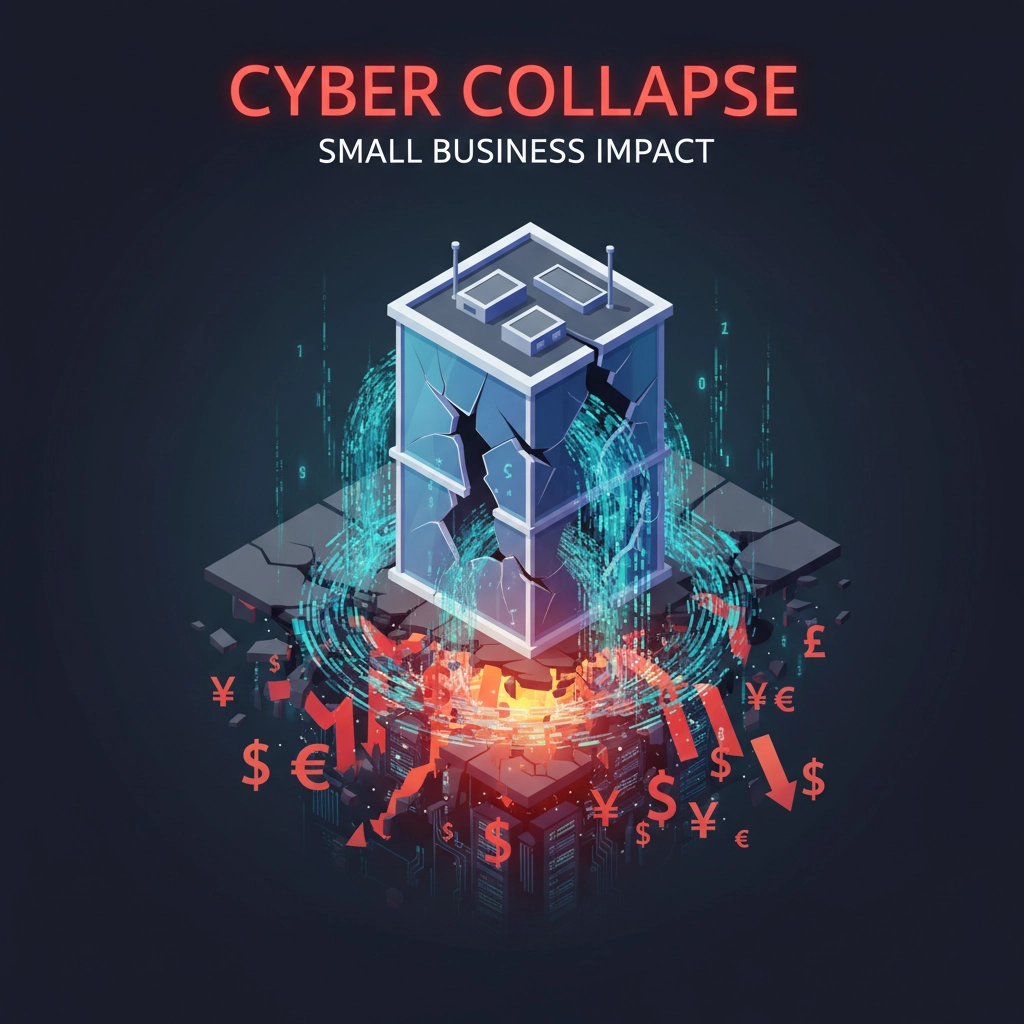
The regulatory landscape is changing fast. Just this year, 21 states changed their data privacy laws, and more changes are coming. What was optional yesterday is mandatory today, and what's optional today will be mandatory tomorrow.
Your Biggest Customers Won't Work With Insecure Vendors
Here's something that's hitting small businesses hard: supply chain security requirements. Big companies are getting hammered by attacks that come through their smaller vendors and partners. Their response? They're cutting ties with anyone who can't prove their cyber posture.
If you can't demonstrate that you have proper cybersecurity measures in place, you'll get cut from contracts. It's becoming a basic business qualification, just like having liability insurance or proper licensing.
This isn't theoretical, it's happening right now. Companies are adding cybersecurity requirements to their vendor agreements, requiring security audits, and walking away from partnerships with businesses that can't meet their standards.
The message is clear: get secure or get cut out.
The Threat Landscape Is Evolving Faster Than Your Defenses
Think about how different the internet was five years ago. Now think about how different cyber threats are. We're dealing with AI-powered phishing emails that are nearly impossible to spot, deepfakes that can fool video calls, and ransomware that's become so sophisticated it includes customer service departments.
What worked to protect your business last year isn't good enough today. The criminals are using AI to scale their attacks, automate their targeting, and create more convincing scams than ever before.

Traditional antivirus software now stops less than 50% of advanced threats. Email filters that used to catch obvious phishing attempts are being fooled by AI-generated messages that look completely legitimate. The old playbook of "don't click suspicious links" isn't enough when the links don't look suspicious anymore.
Meanwhile, zero-click attacks are becoming more common: attacks that don't require any user interaction at all. You don't even have to click on anything to get infected.
But Here's the Good News: Strong Cybersecurity Is a Competitive Advantage
This isn't all doom and gloom. While weak cybersecurity can destroy your business, strong cybersecurity can actually help you grow it.
Customers are actively looking for businesses they can trust with their data. When you can demonstrate that you take security seriously, it builds confidence and differentiates you from competitors who are cutting corners.
Strong cybersecurity helps you:
- Win contracts that competitors lose because they can't meet security requirements
- Lower insurance premiums by demonstrating you're a lower risk
- Build customer trust by showing you protect their information
- Sleep better at night knowing your business isn't one bad day away from disaster
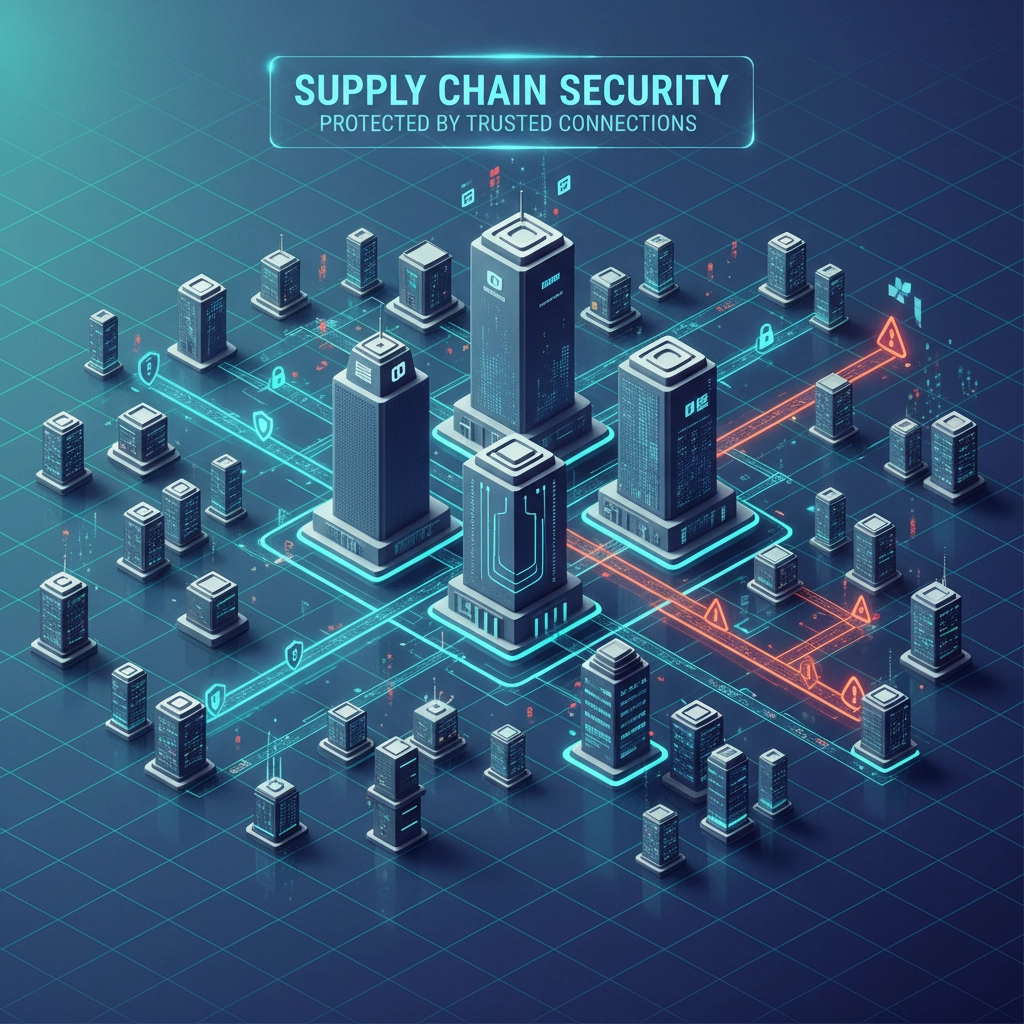
The businesses that are thriving in 2025 aren't the ones that got lucky and avoided attacks: they're the ones that invested in proper cybersecurity from the start and turned it into a business advantage.
The Cost of Prevention vs. the Cost of Recovery
Let's talk numbers that actually matter to your bottom line. Most small businesses spend less than $1,500 per month on cybersecurity. That sounds like a lot until you compare it to the $120,000+ average cost of a breach.
Prevention costs a fraction of recovery. A comprehensive cybersecurity strategy: including proper backups, employee training, multi-factor authentication, and regular security assessments: typically costs less per month than what most businesses spend on office coffee.
But the payoff isn't just avoiding disaster. It's building a foundation that lets you focus on growth instead of constantly worrying about the next attack.
Your Next Steps (Before It's Too Late)
The reality is simple: in 2025, cybersecurity isn't optional for small businesses: it's essential for survival. Every day you wait is another day you're rolling the dice with everything you've built.
But here's the thing: you don't have to figure this out alone. The businesses that succeed are the ones that recognize they need help and get it before they need it.
If you're ready to stop gambling with your business and start building real protection, we're here to help. At B&R Computers, we specialize in making enterprise-level cybersecurity accessible and affordable for small businesses.
Don't wait for the attack to realize you needed better security. Contact us today for a free security assessment, and let's build a defense strategy that protects your business and gives you the competitive advantage you deserve.
Because in 2025, cybersecurity isn't just about preventing disasters( it's about building the foundation for success.)





